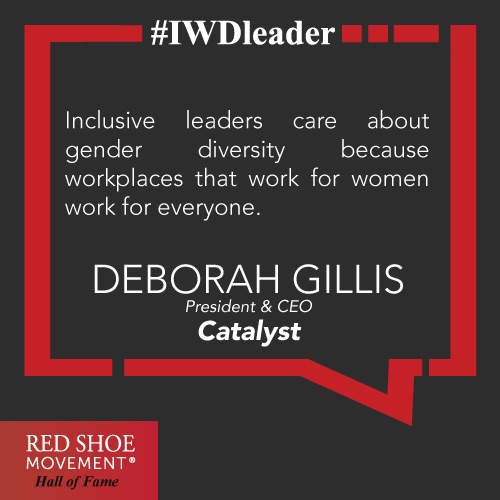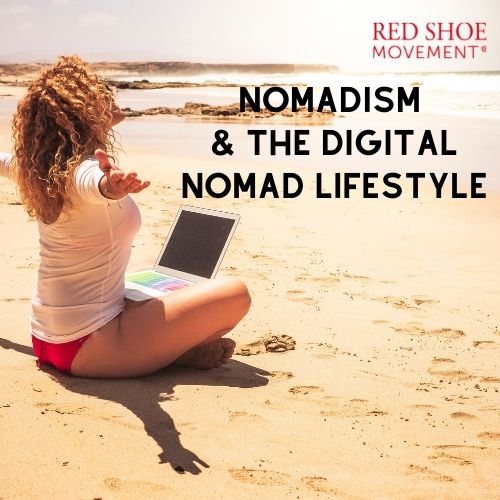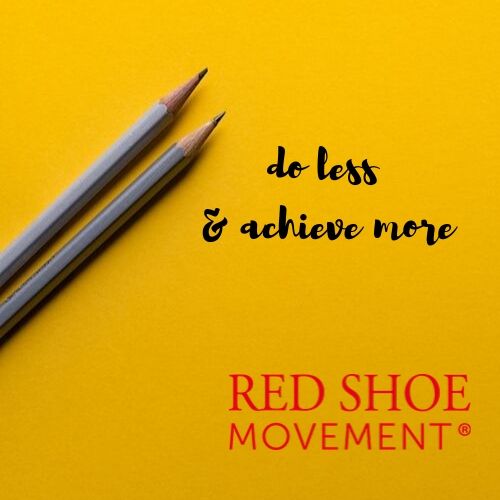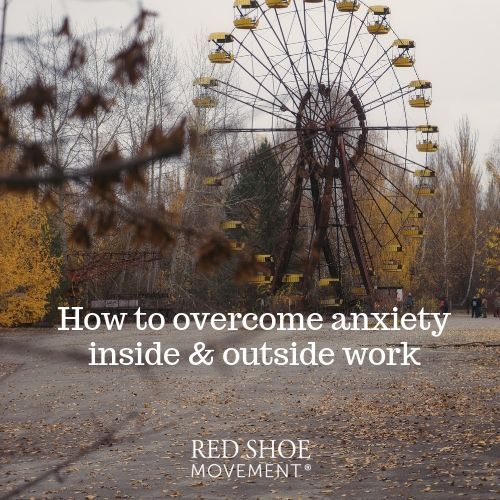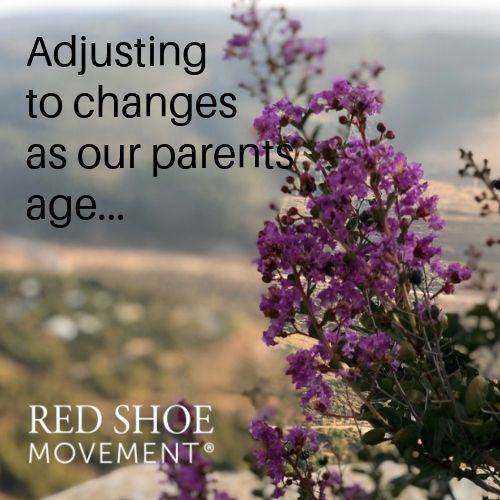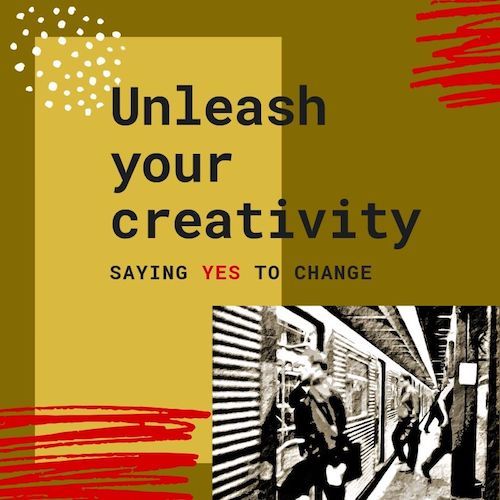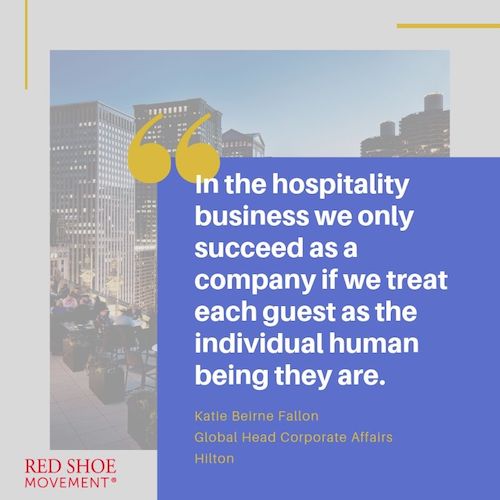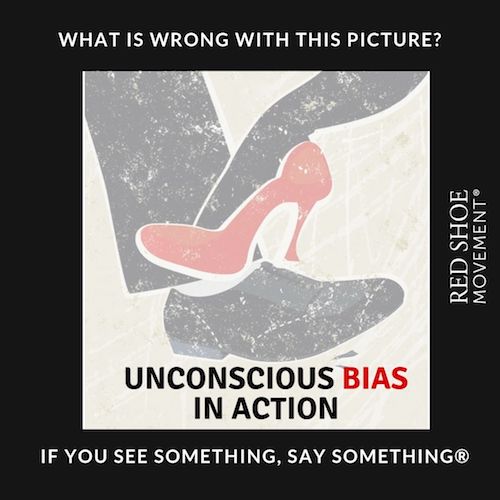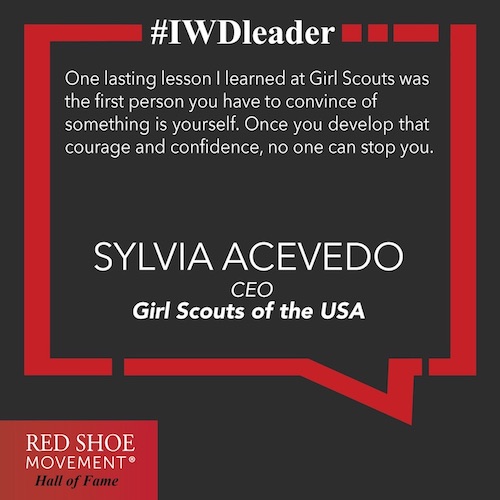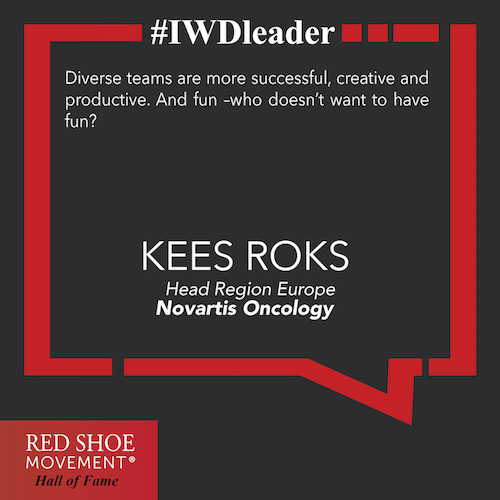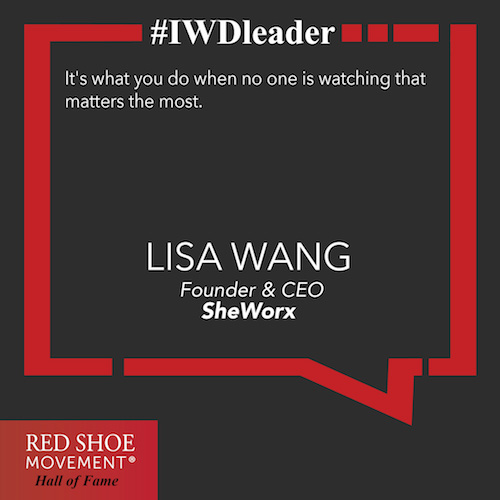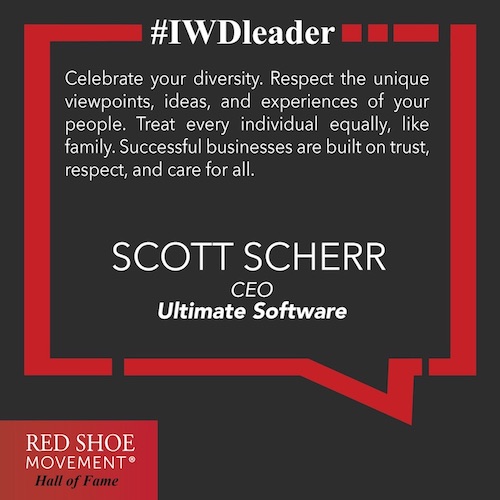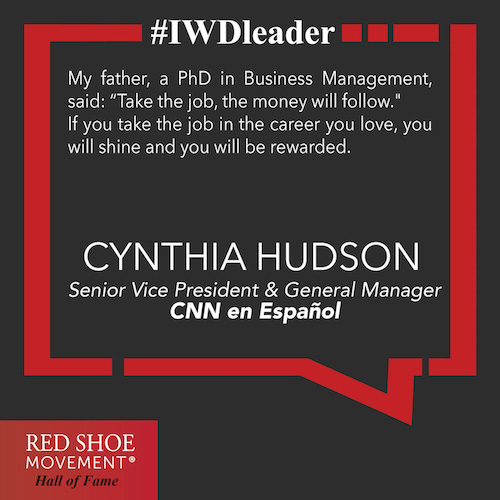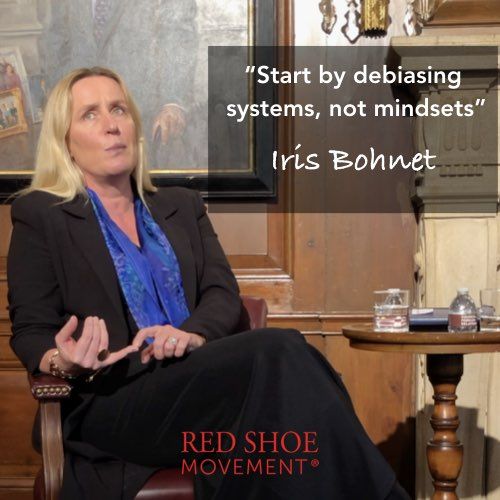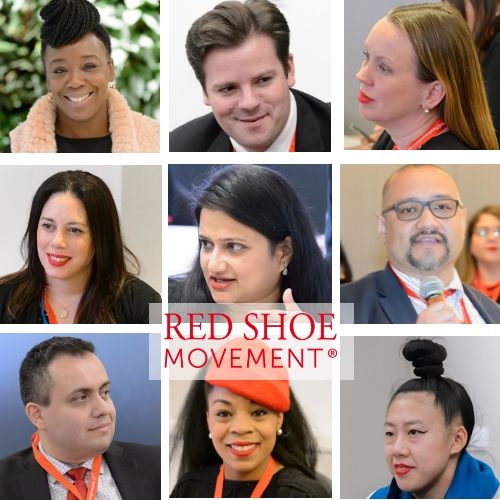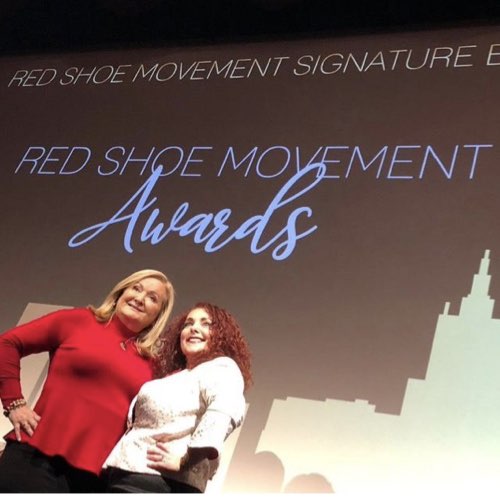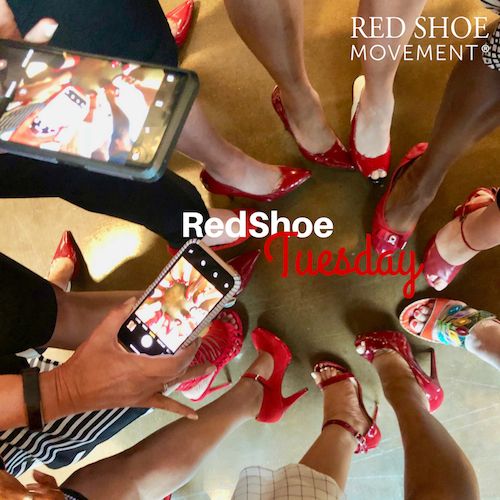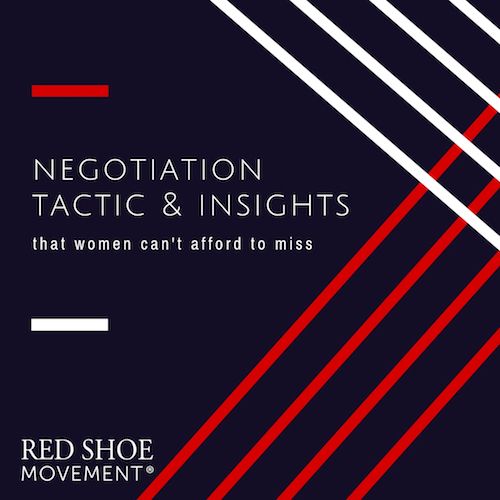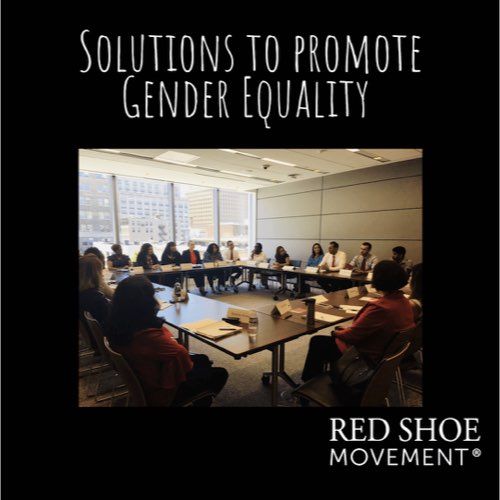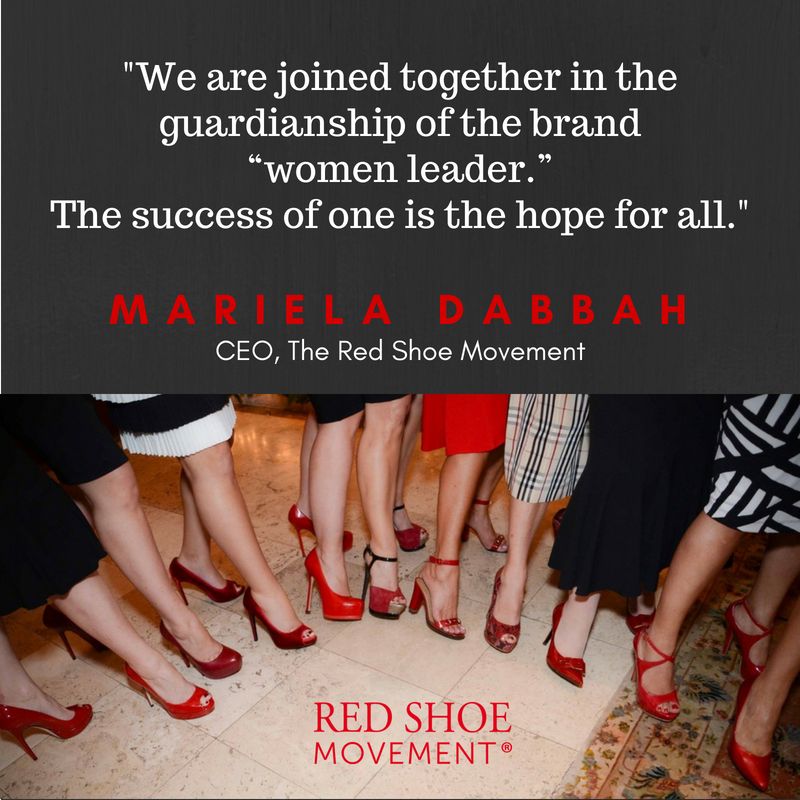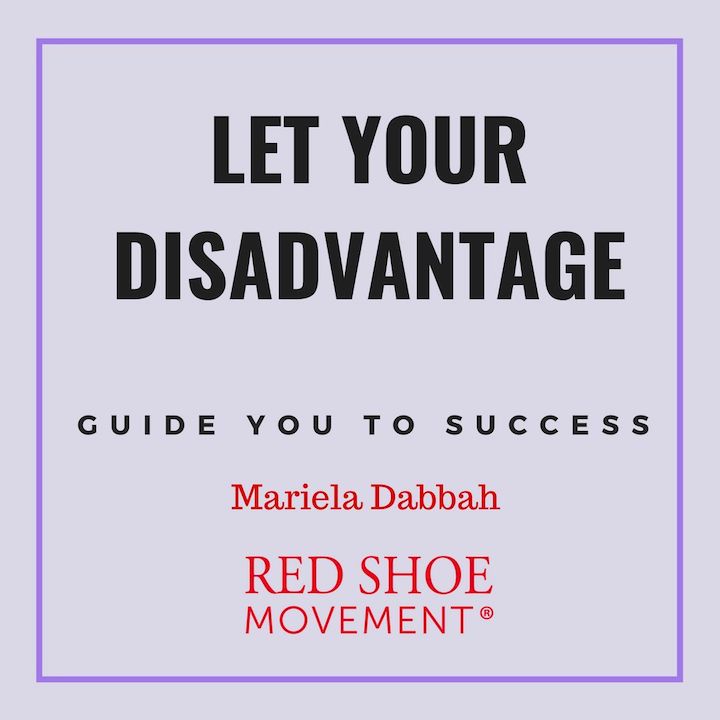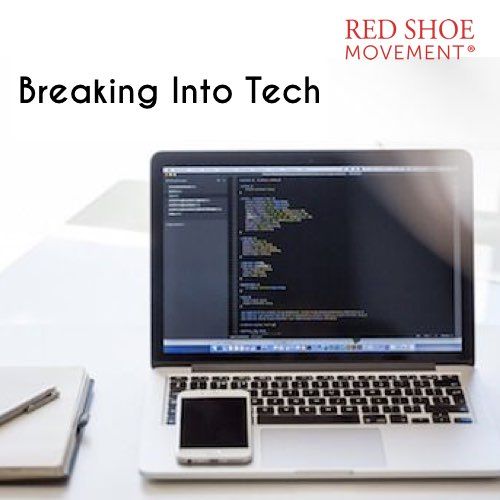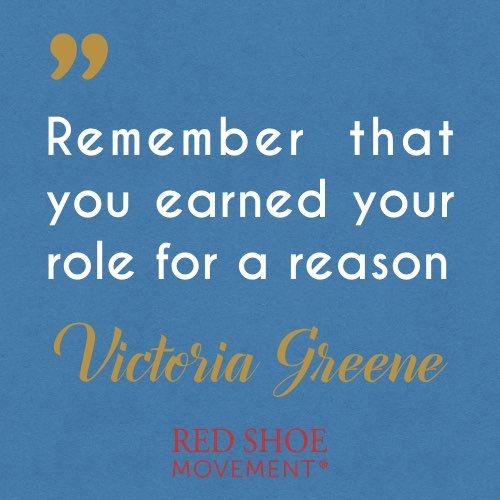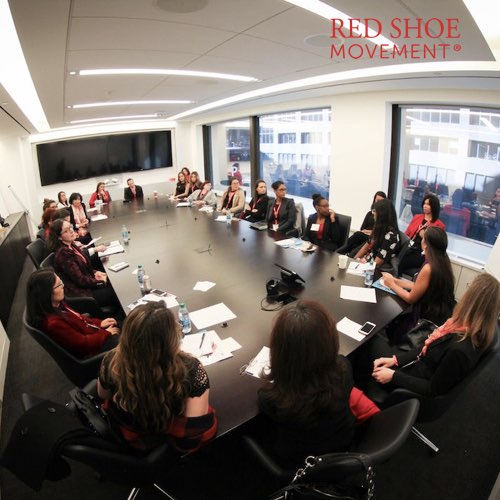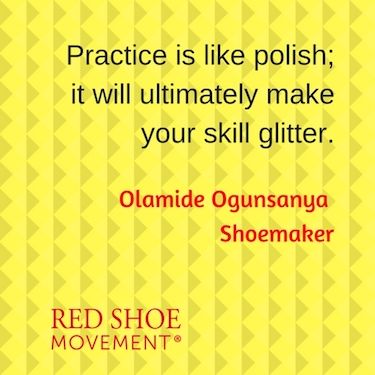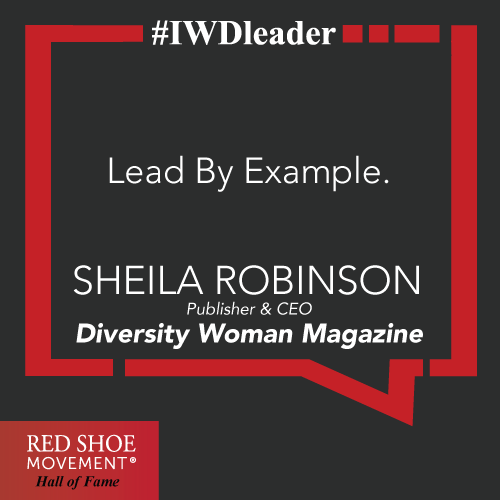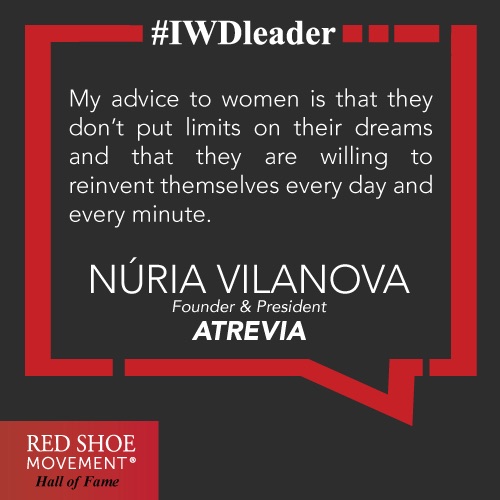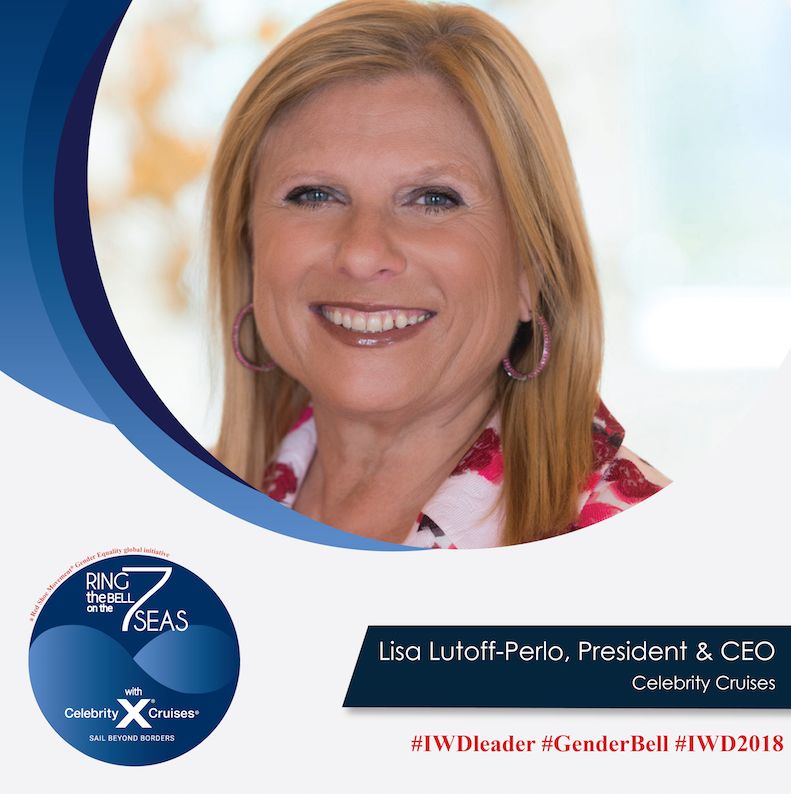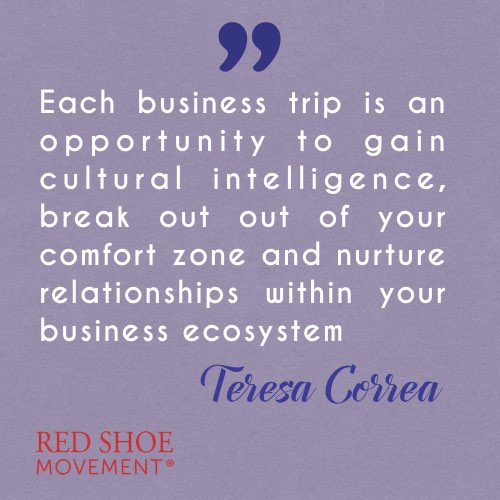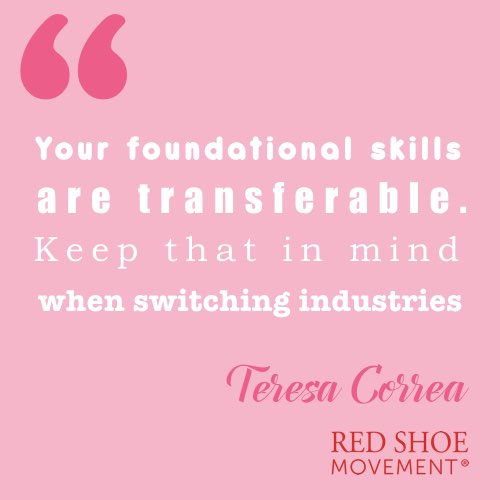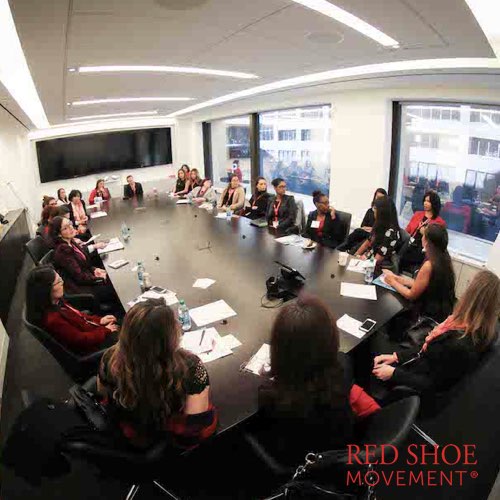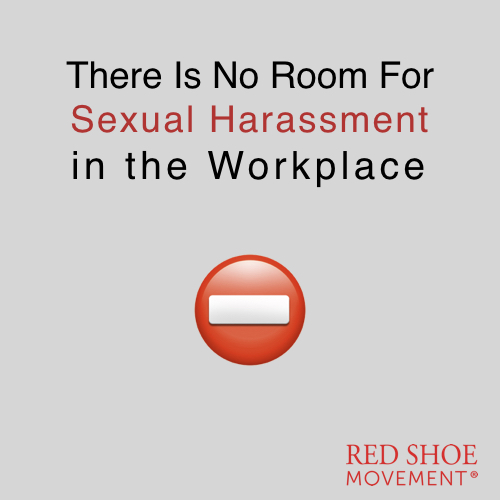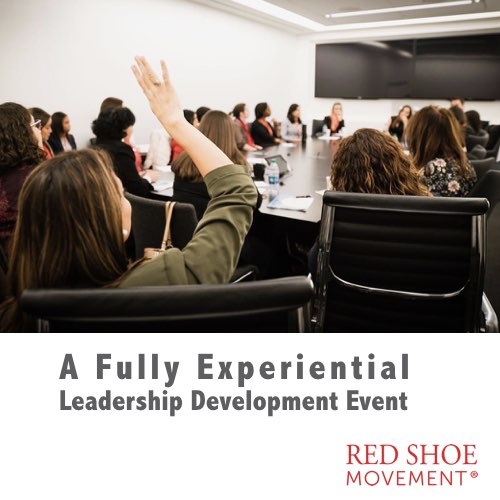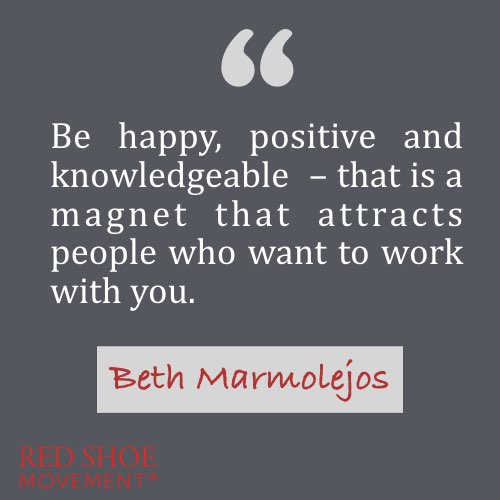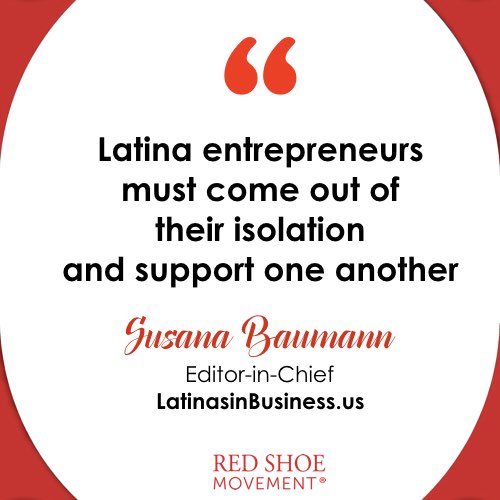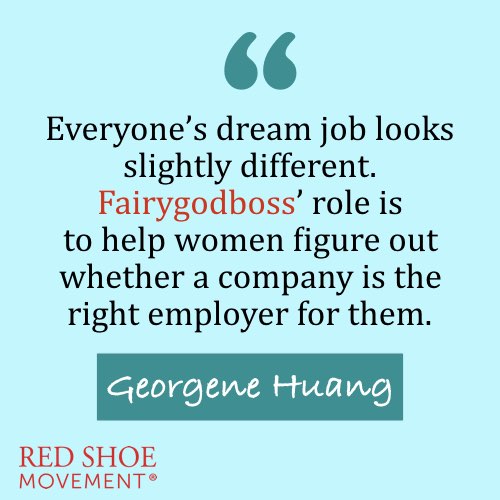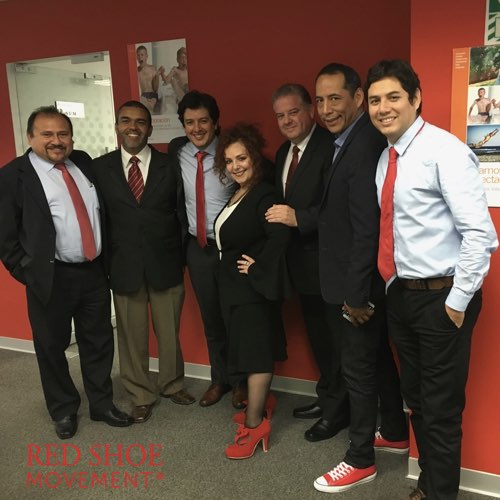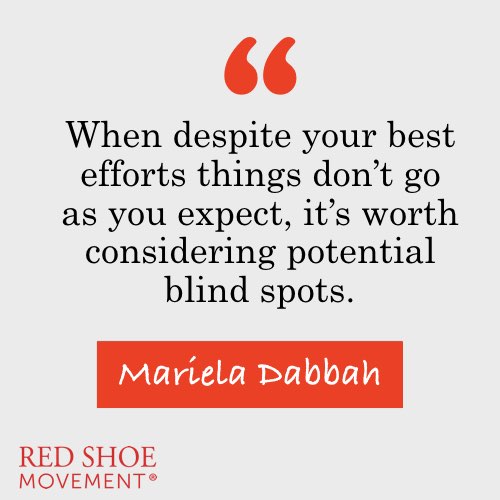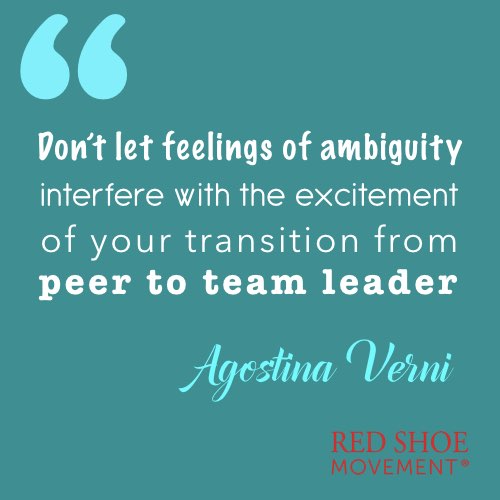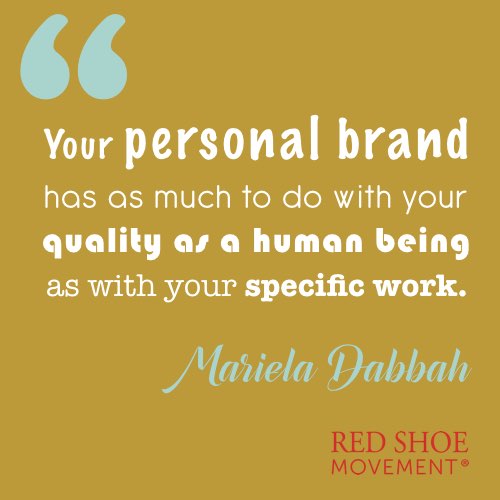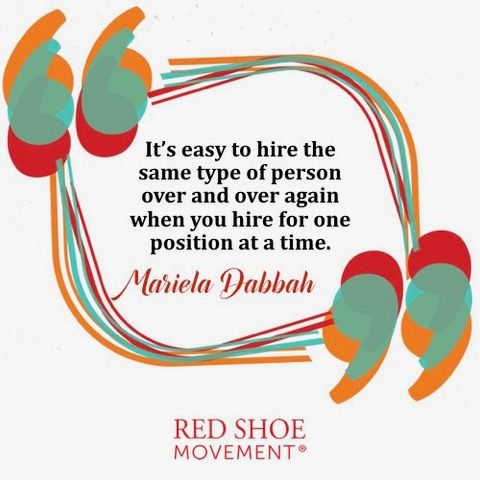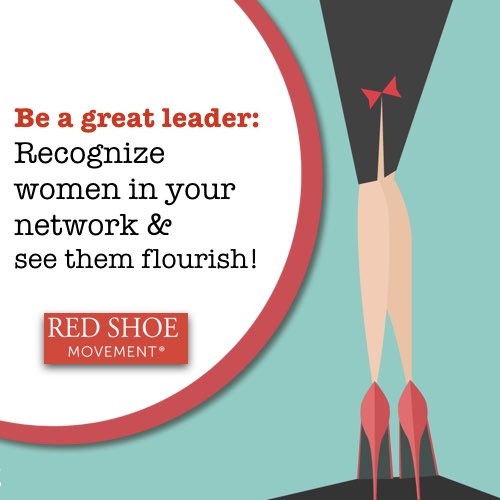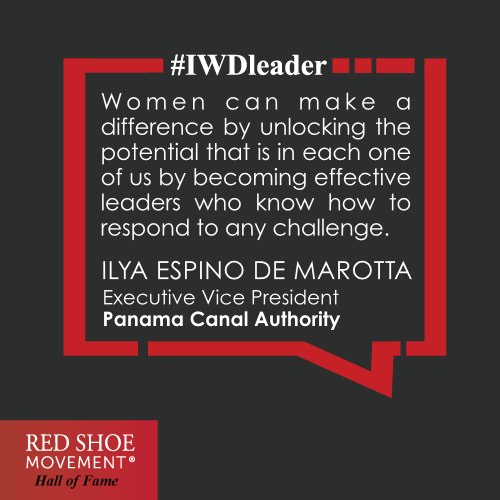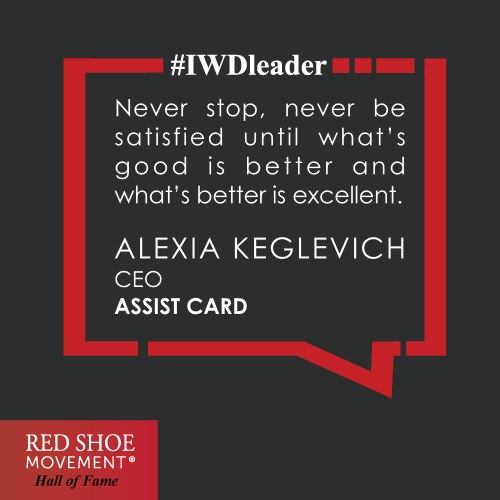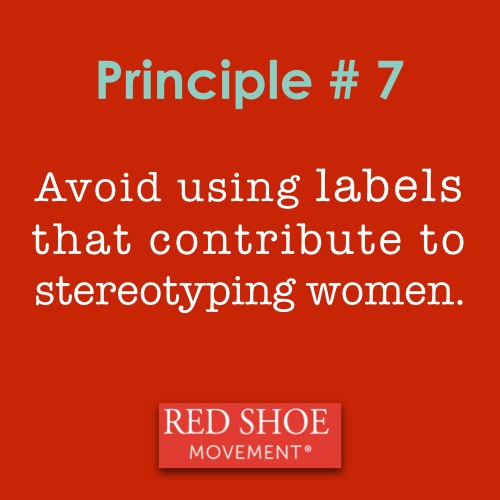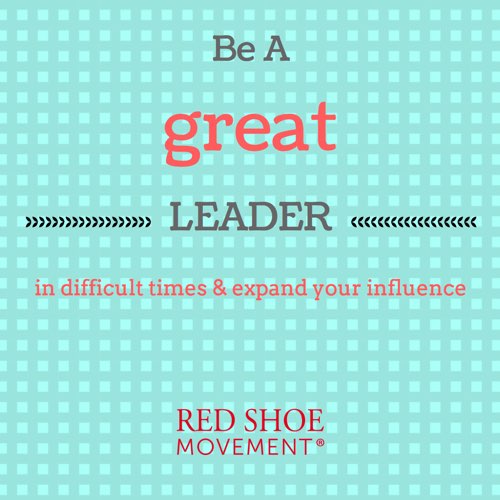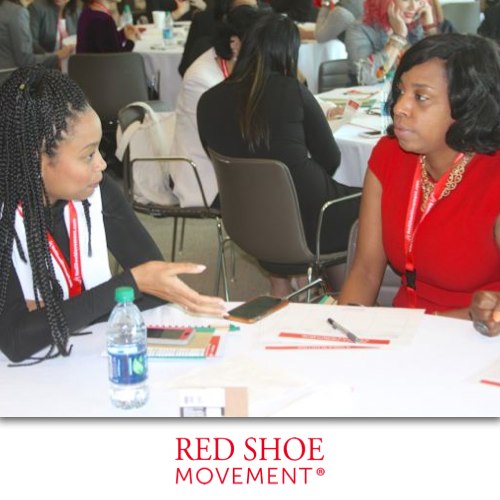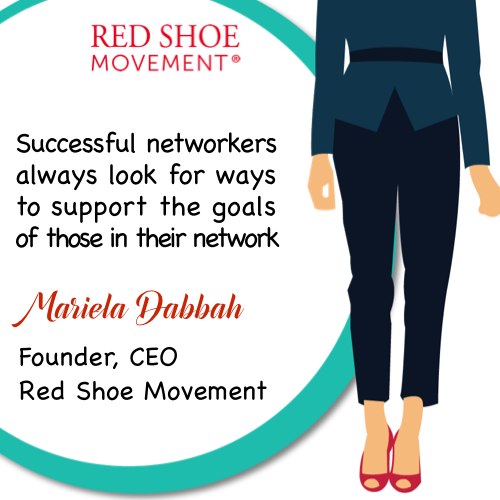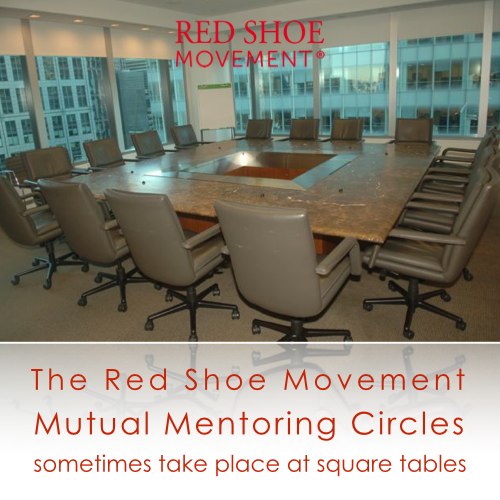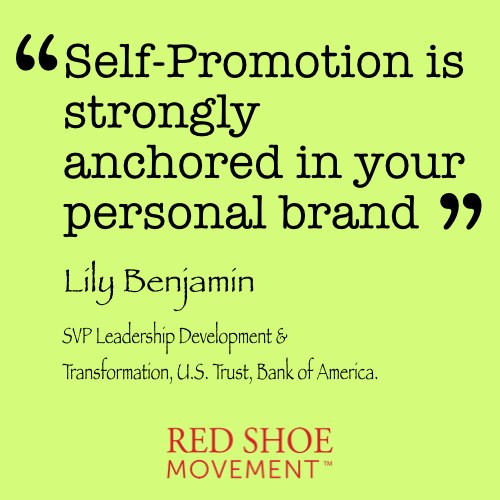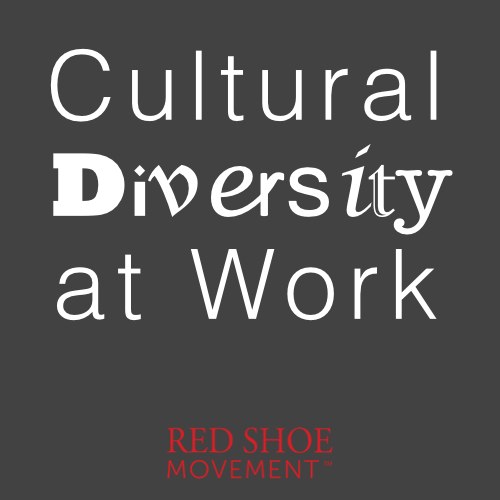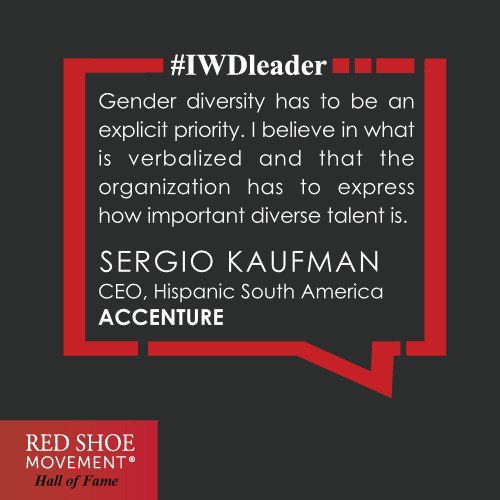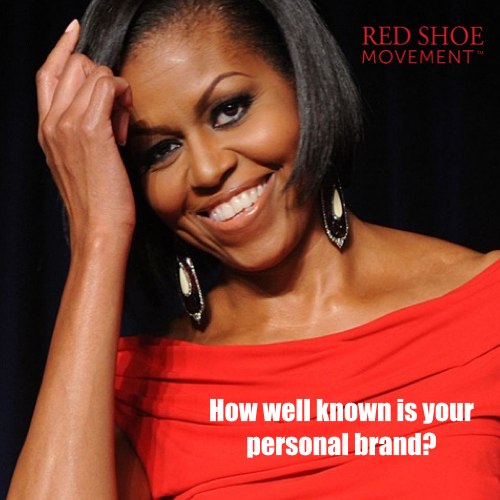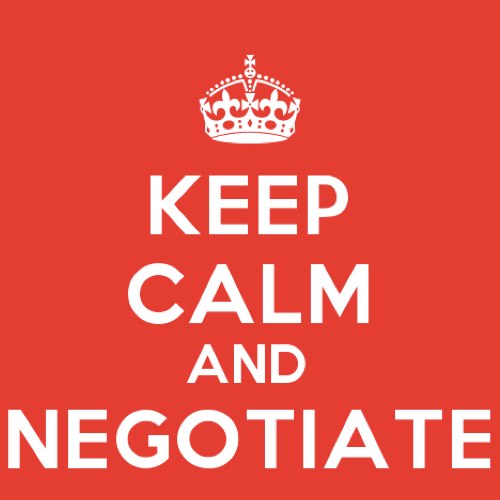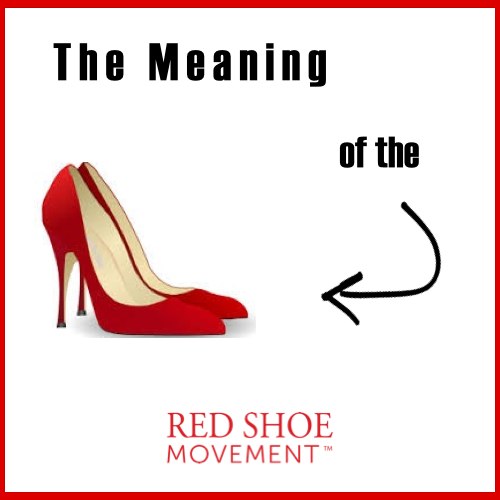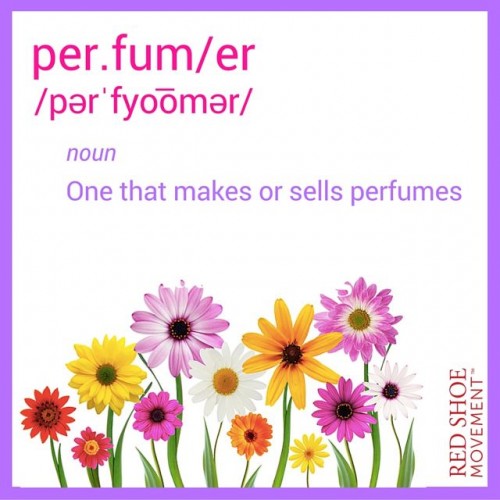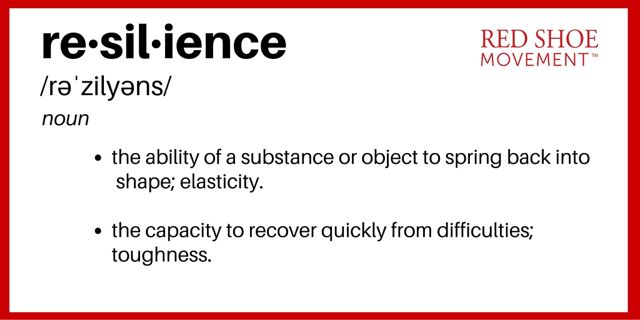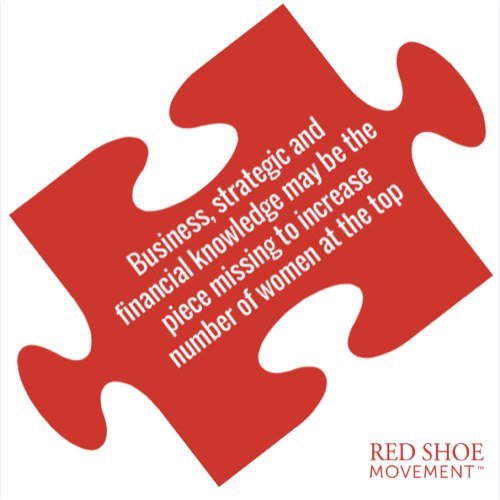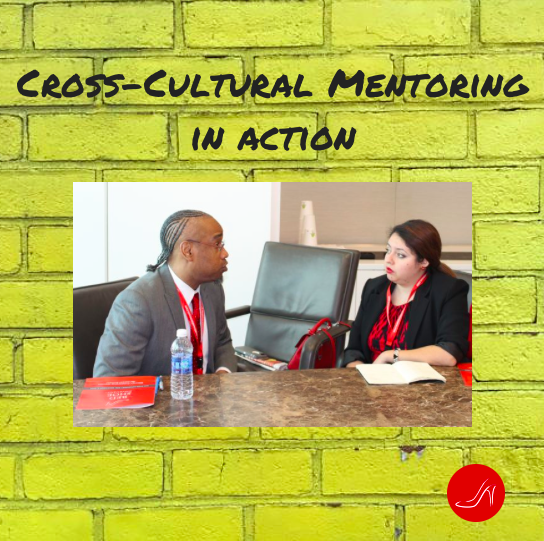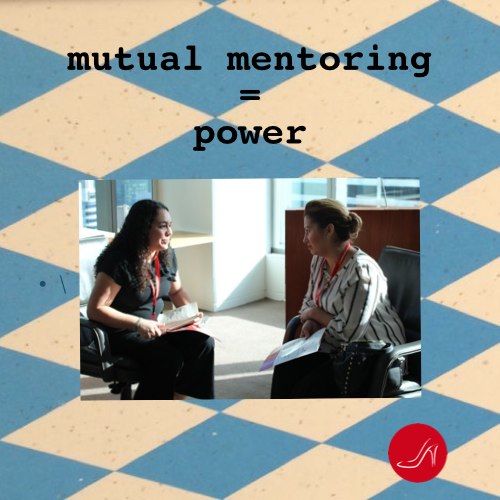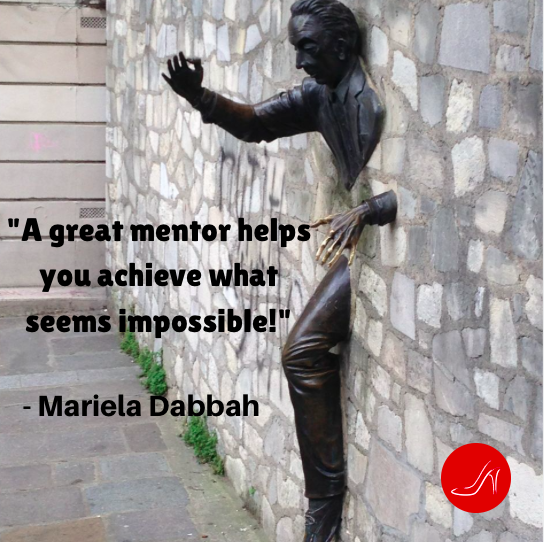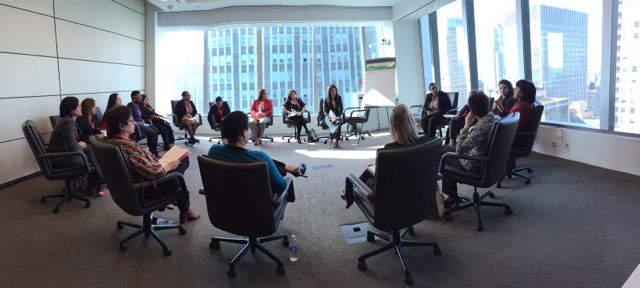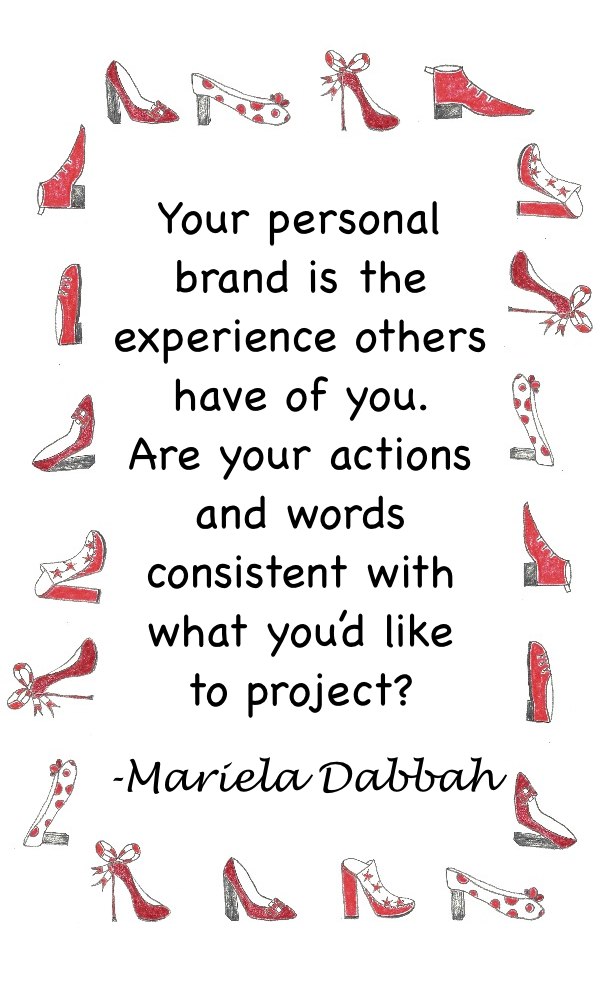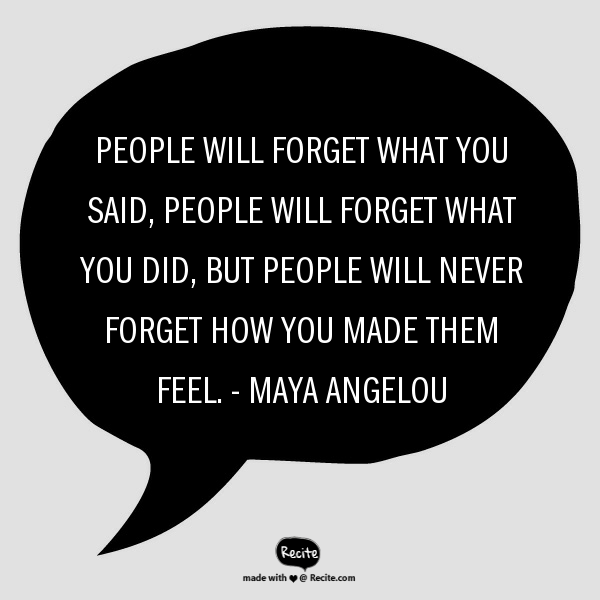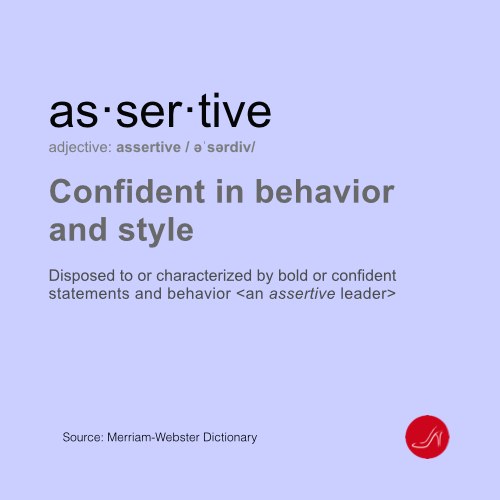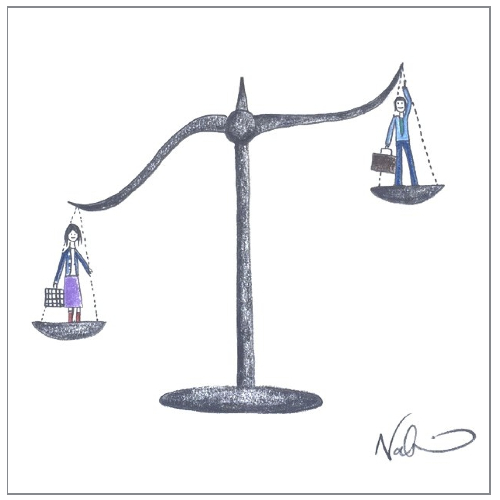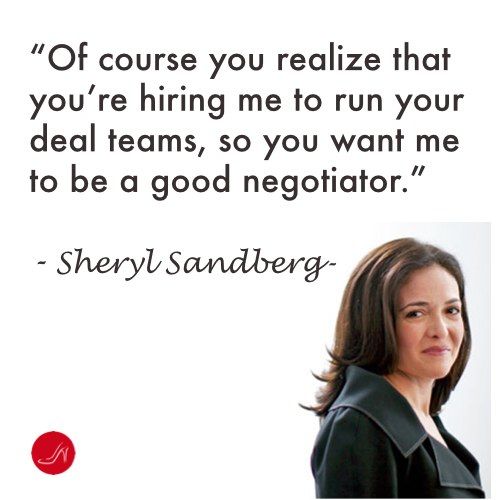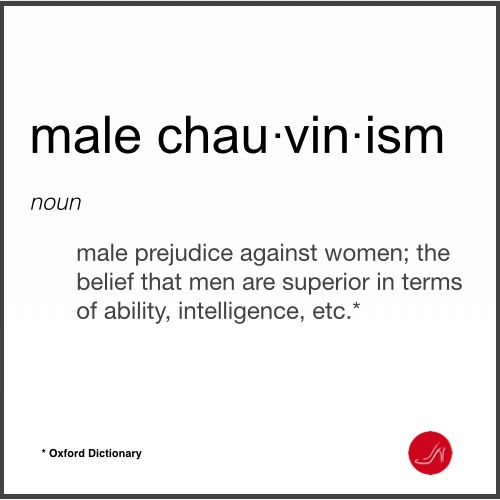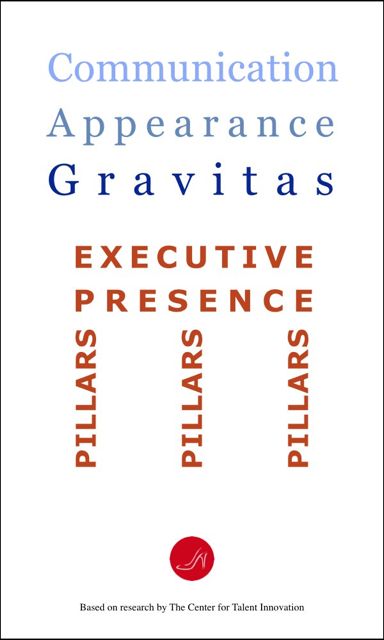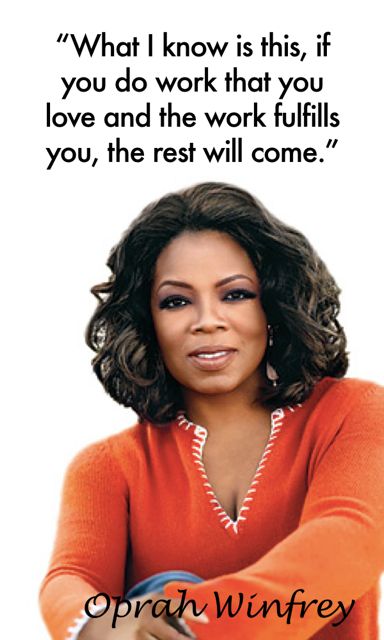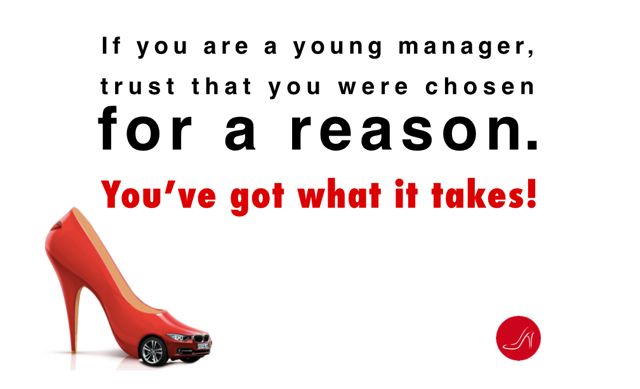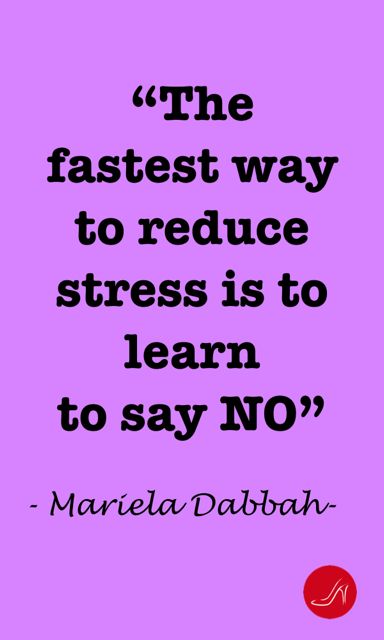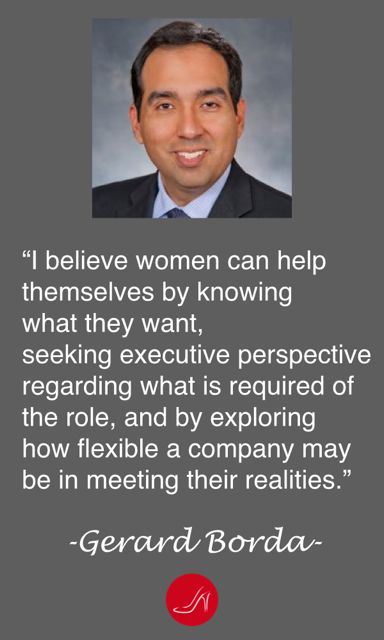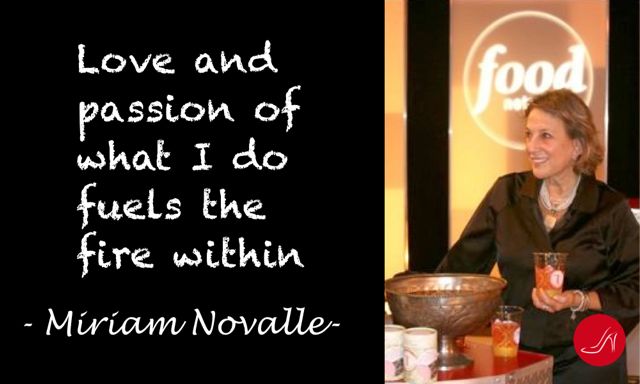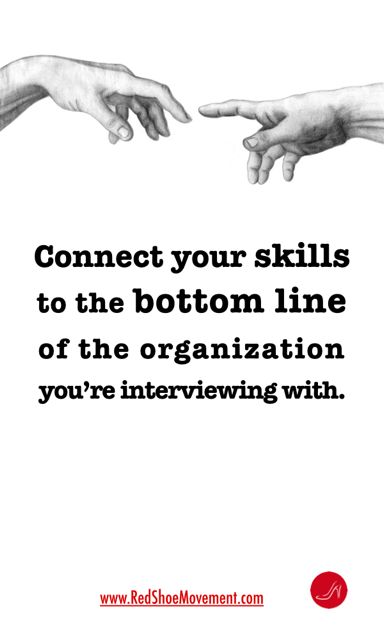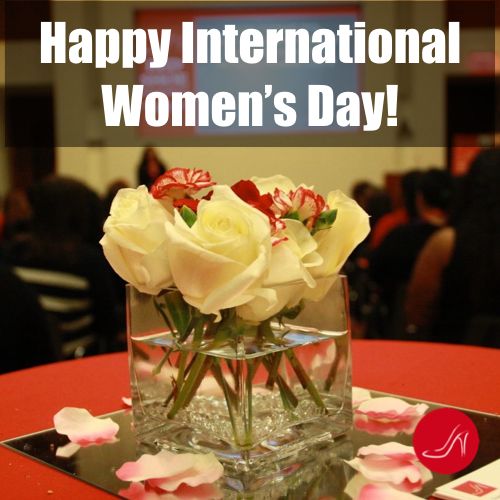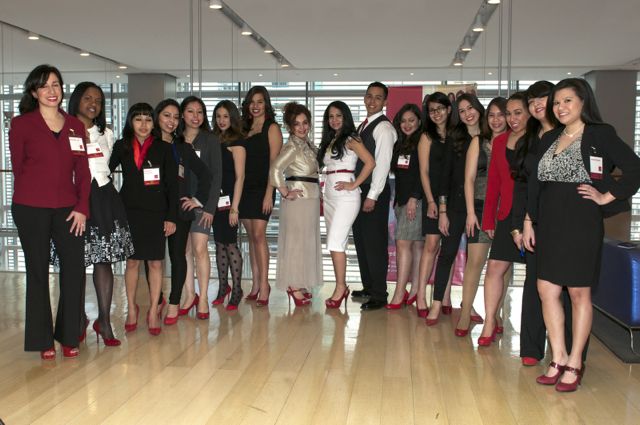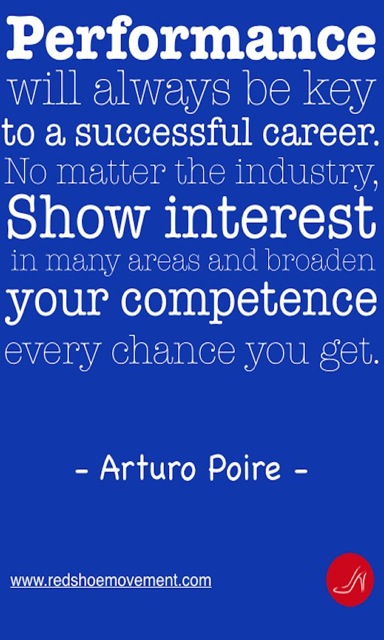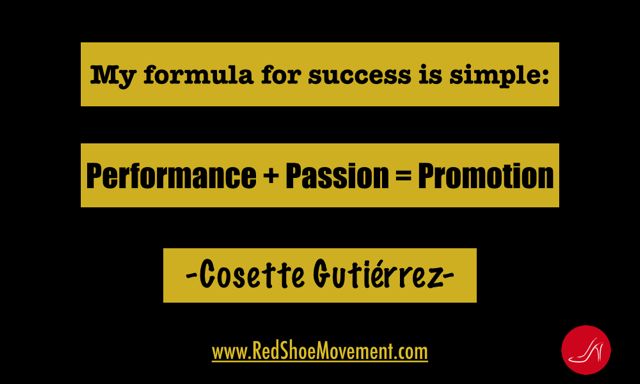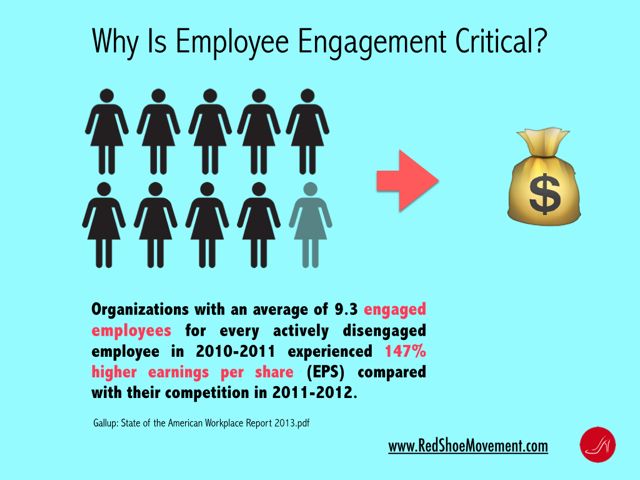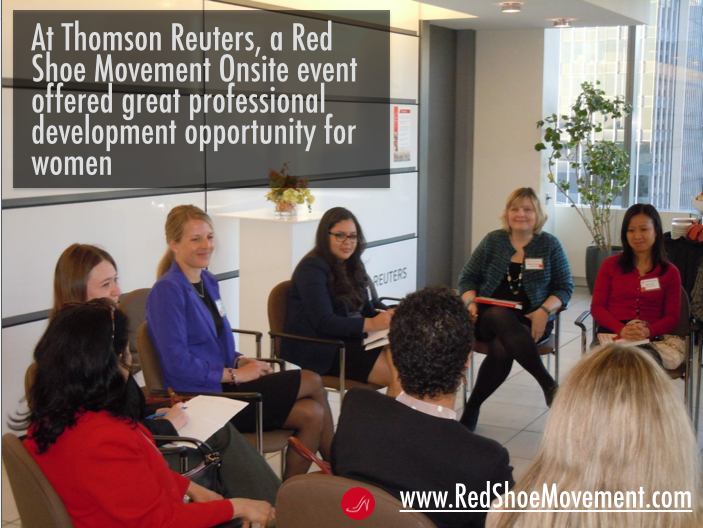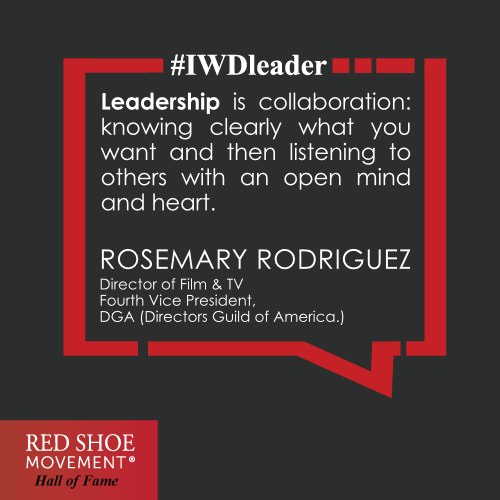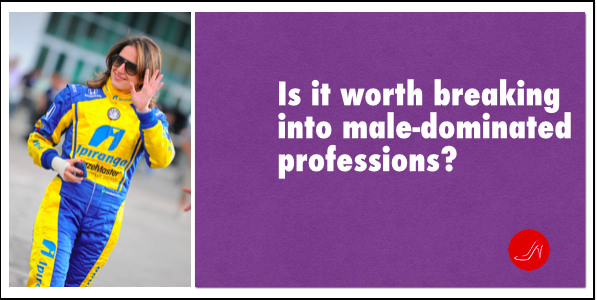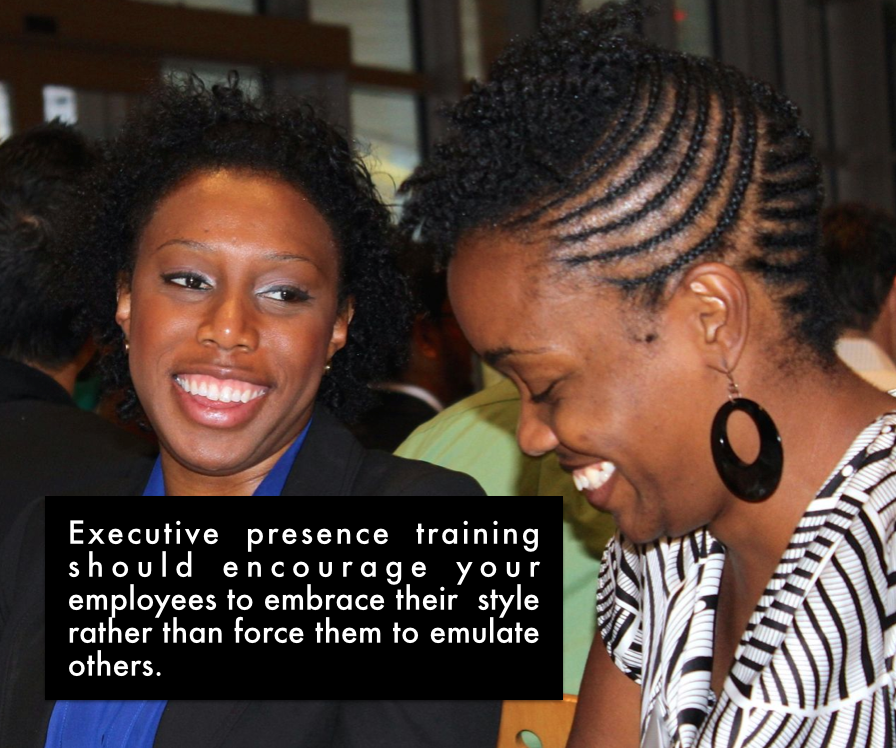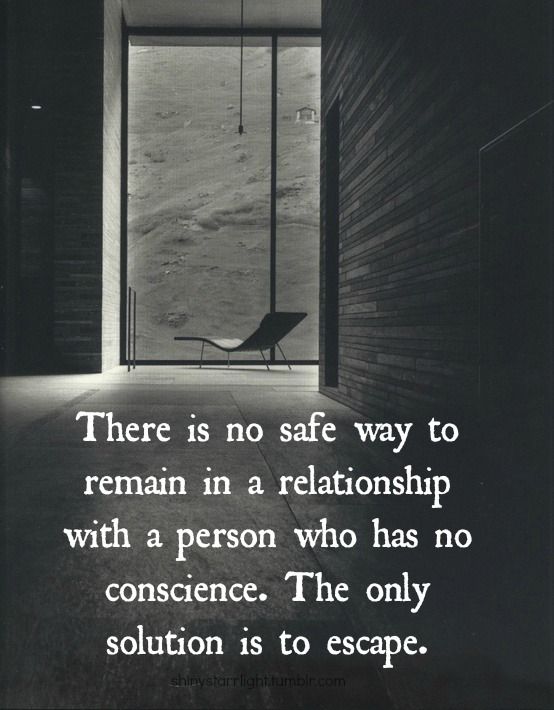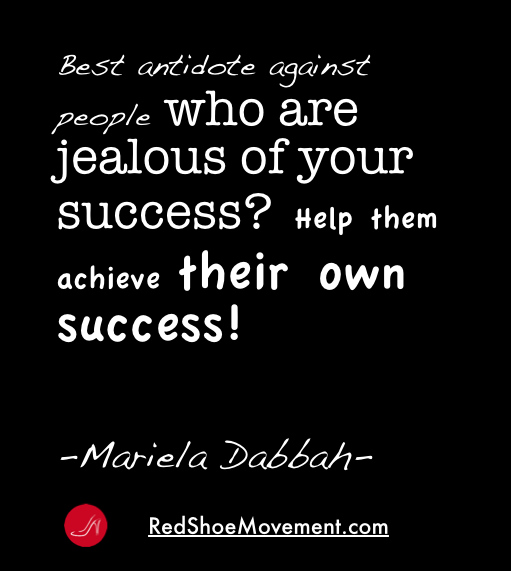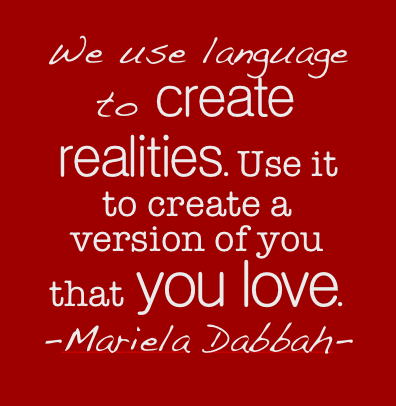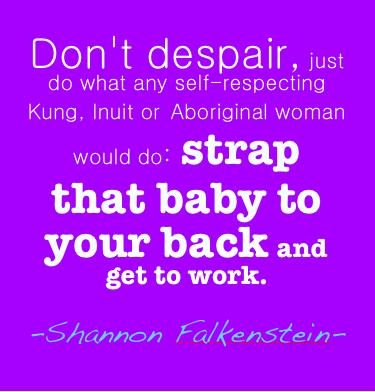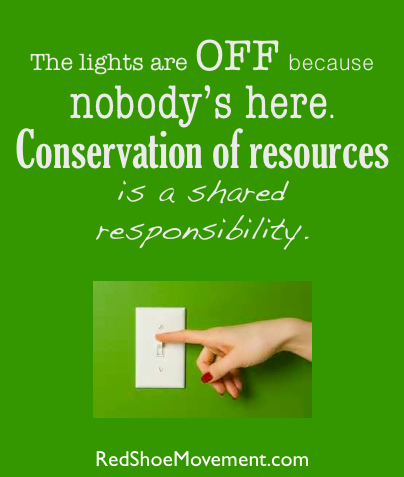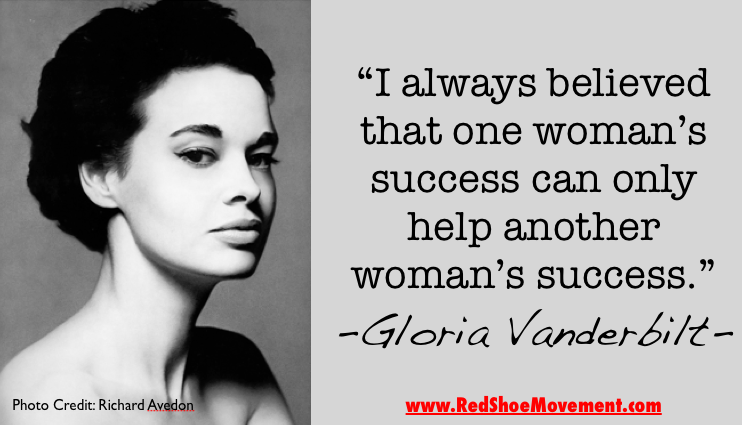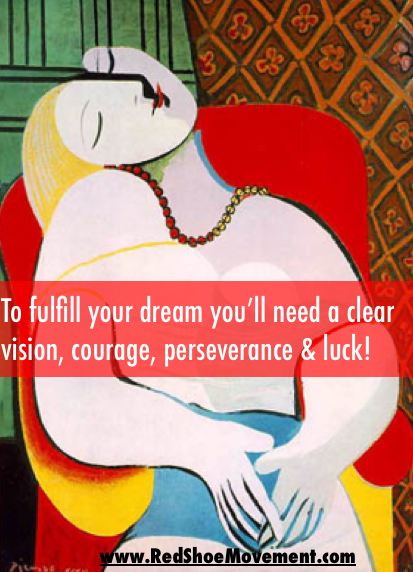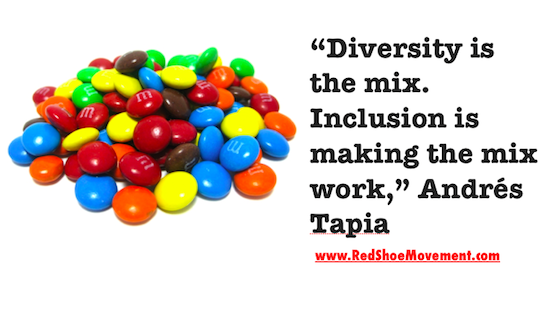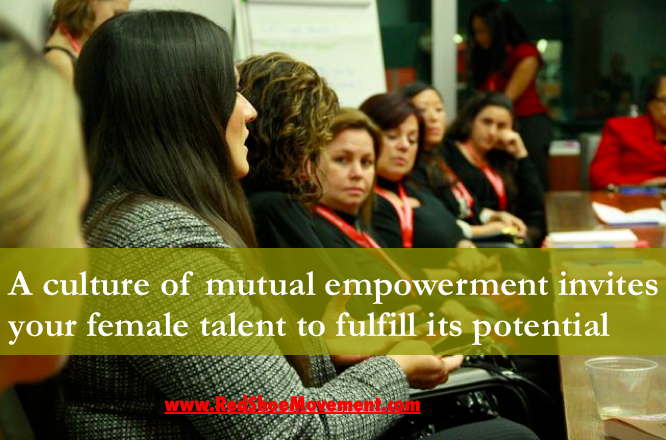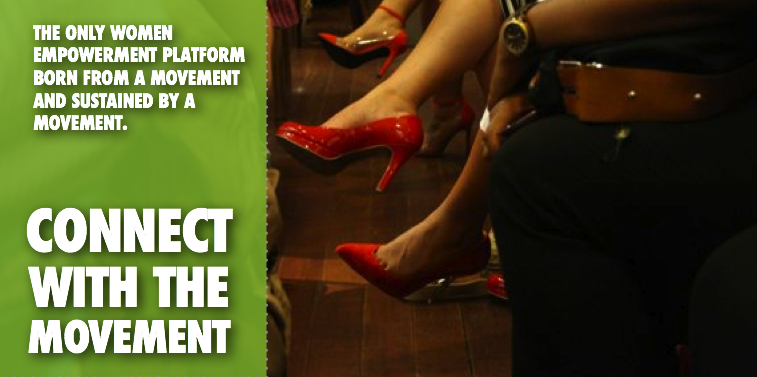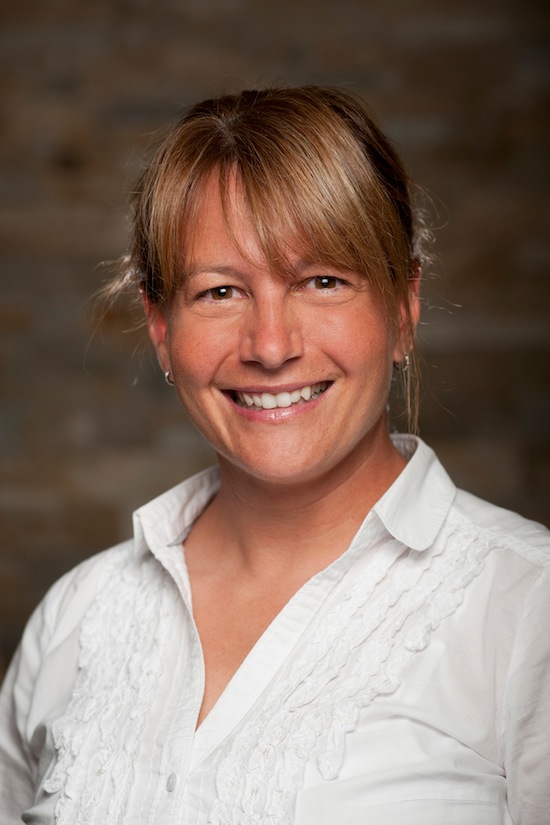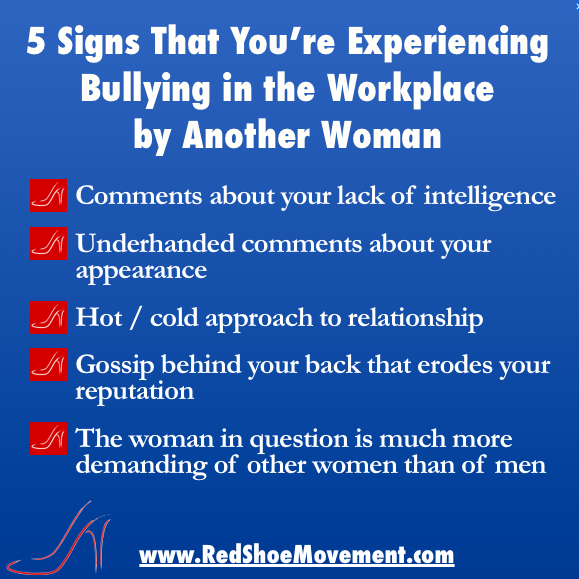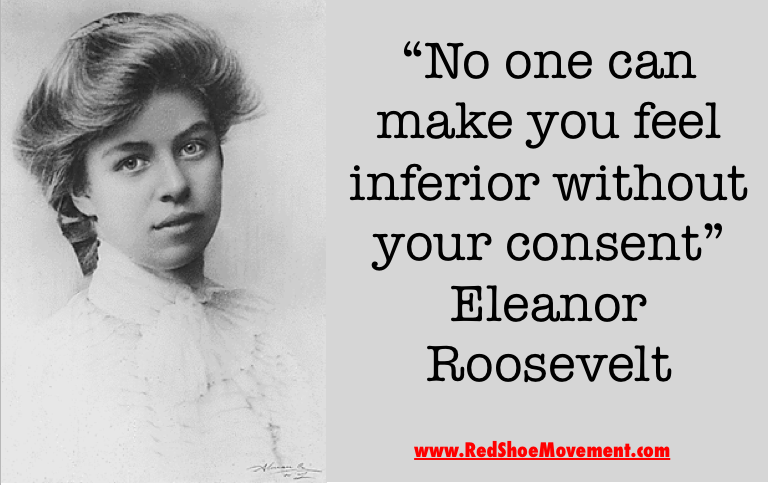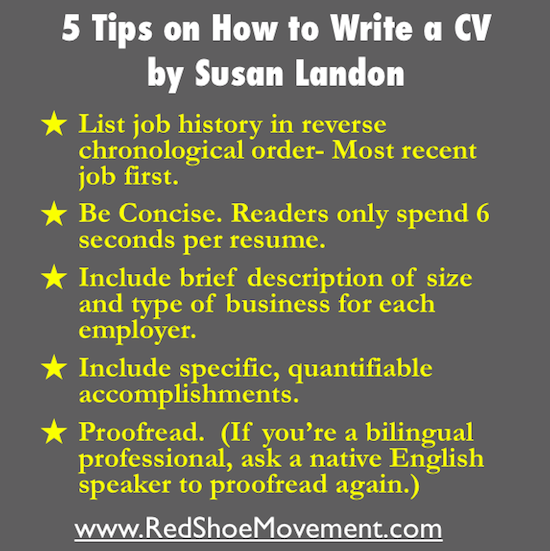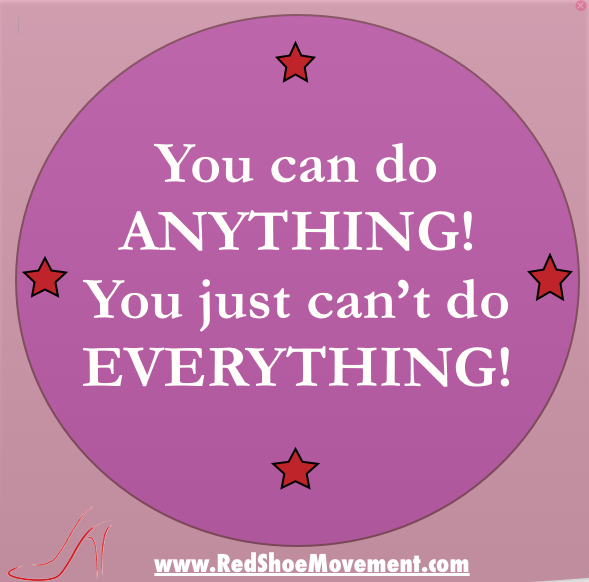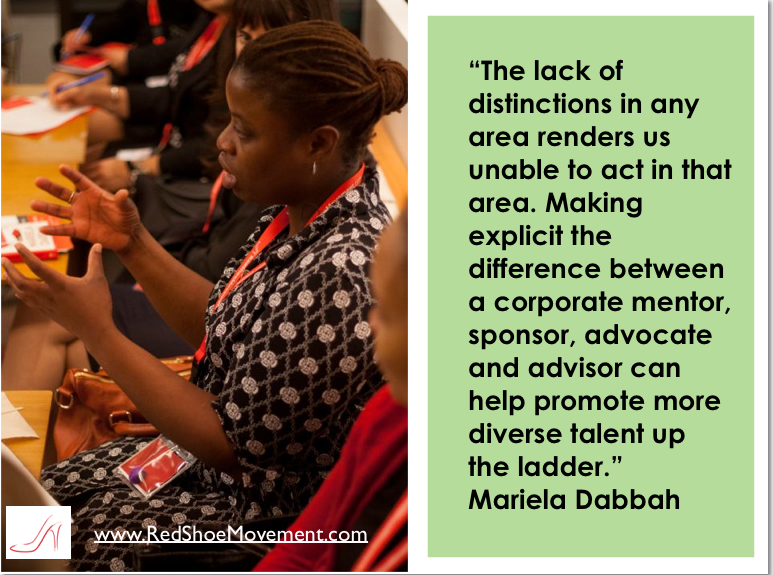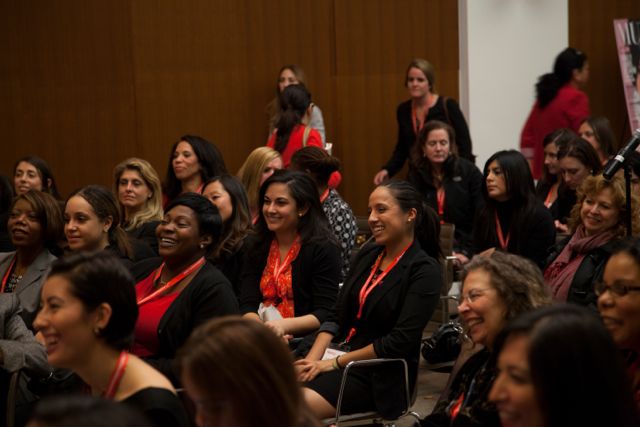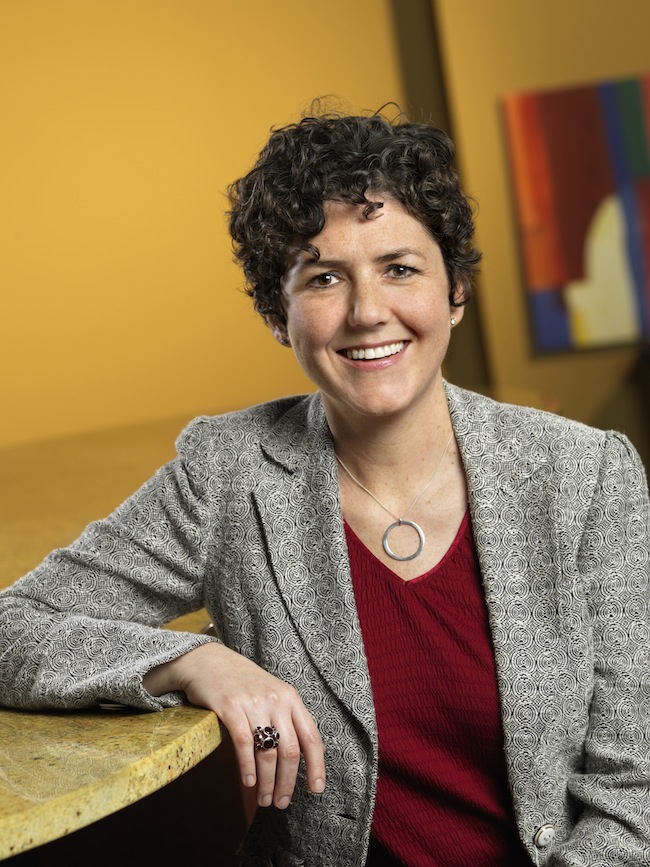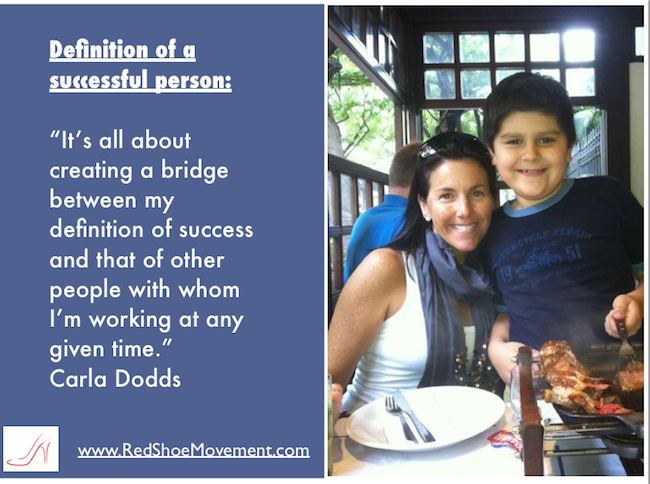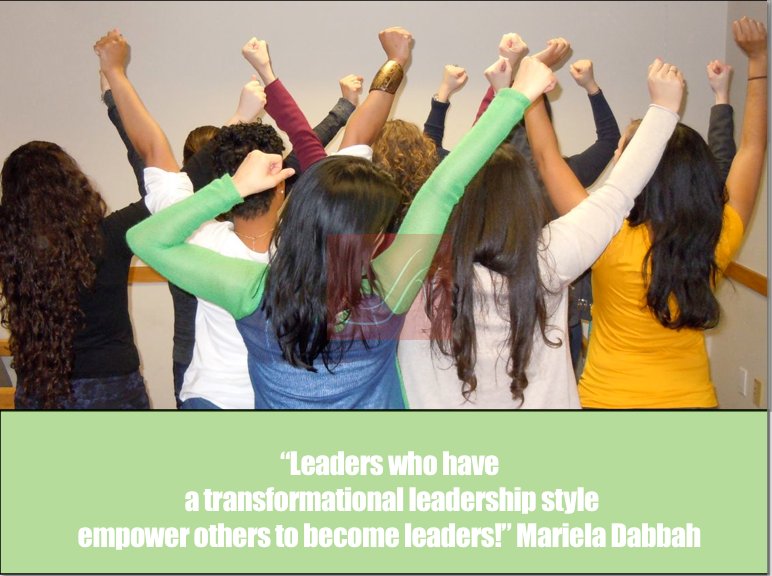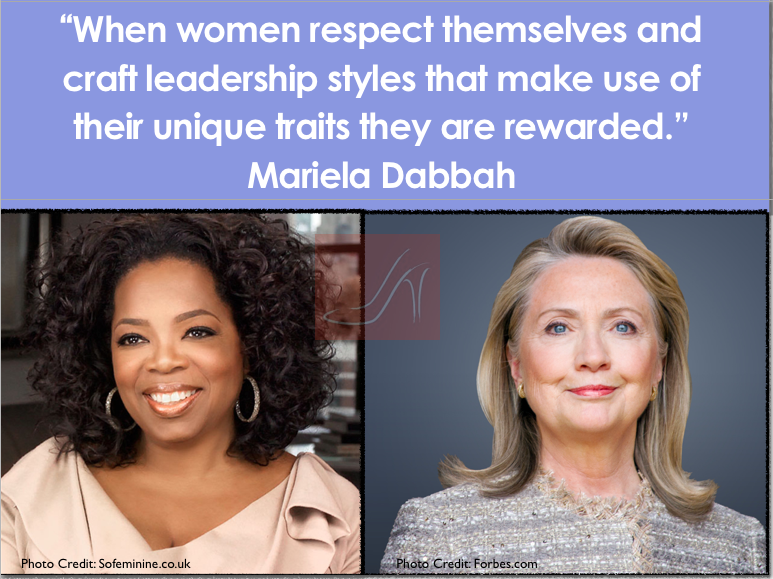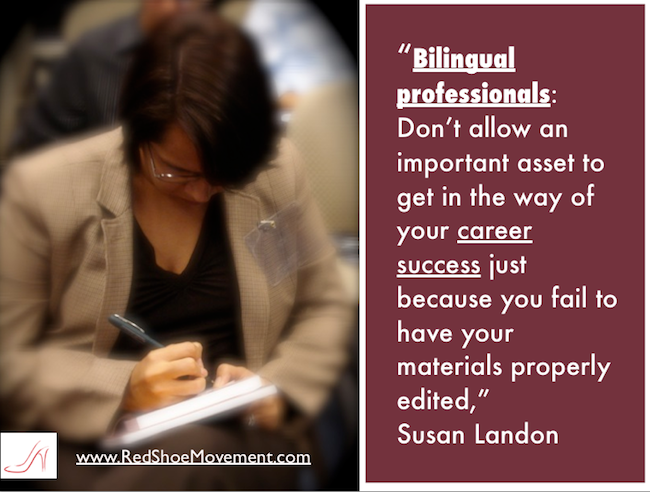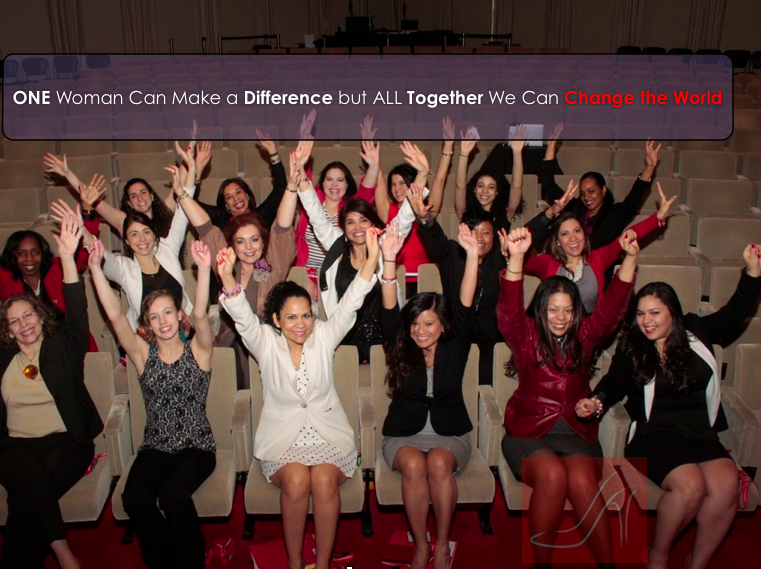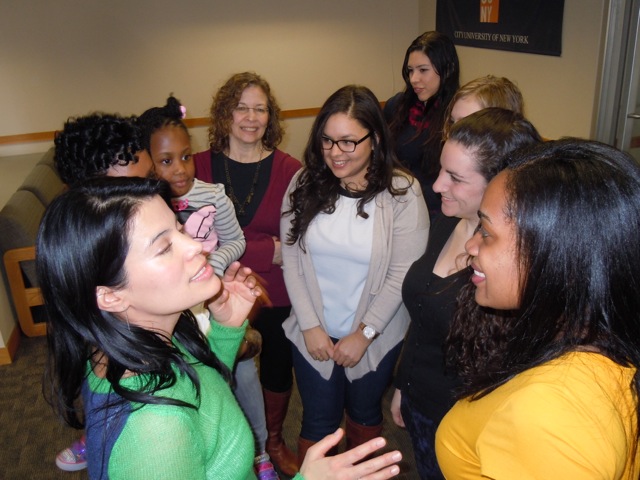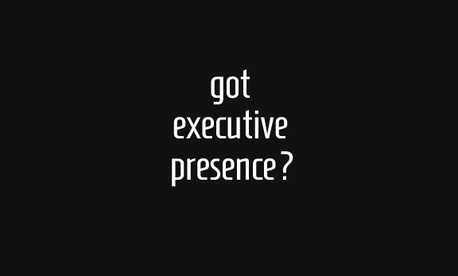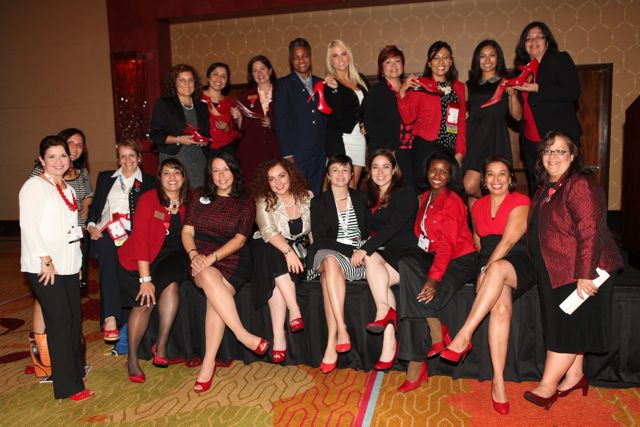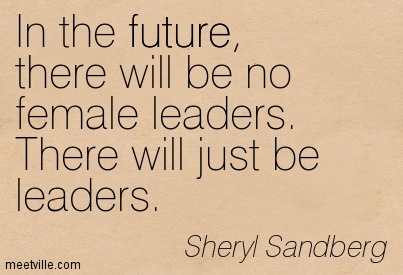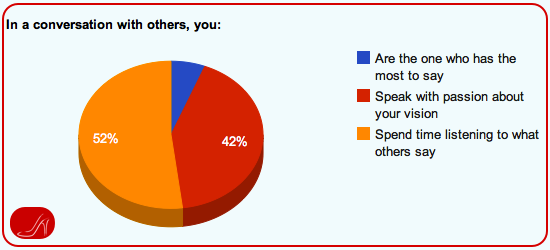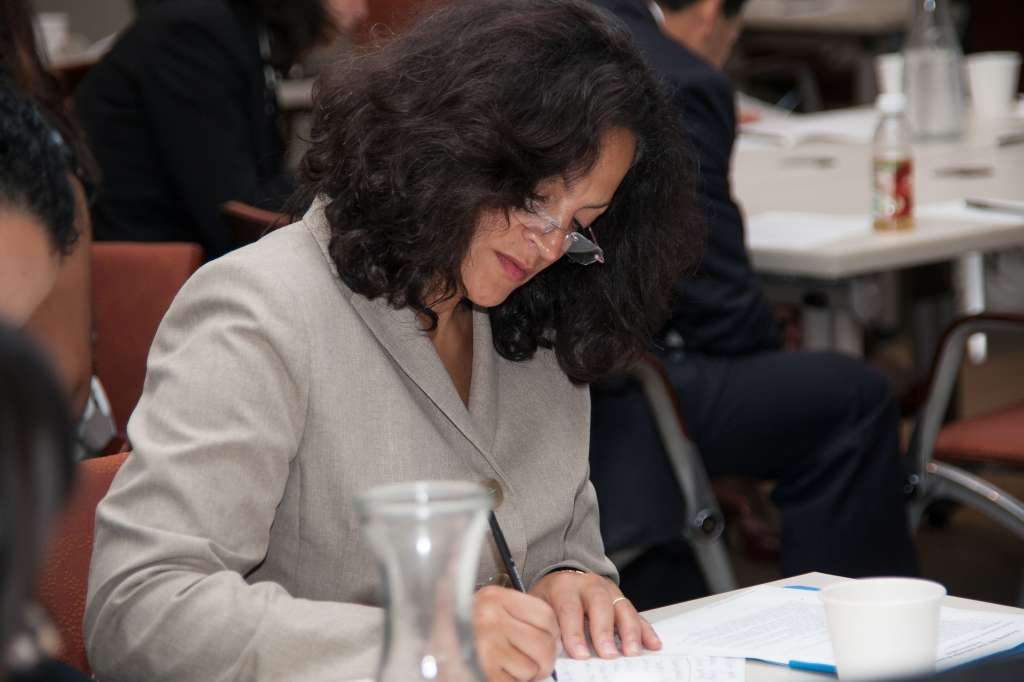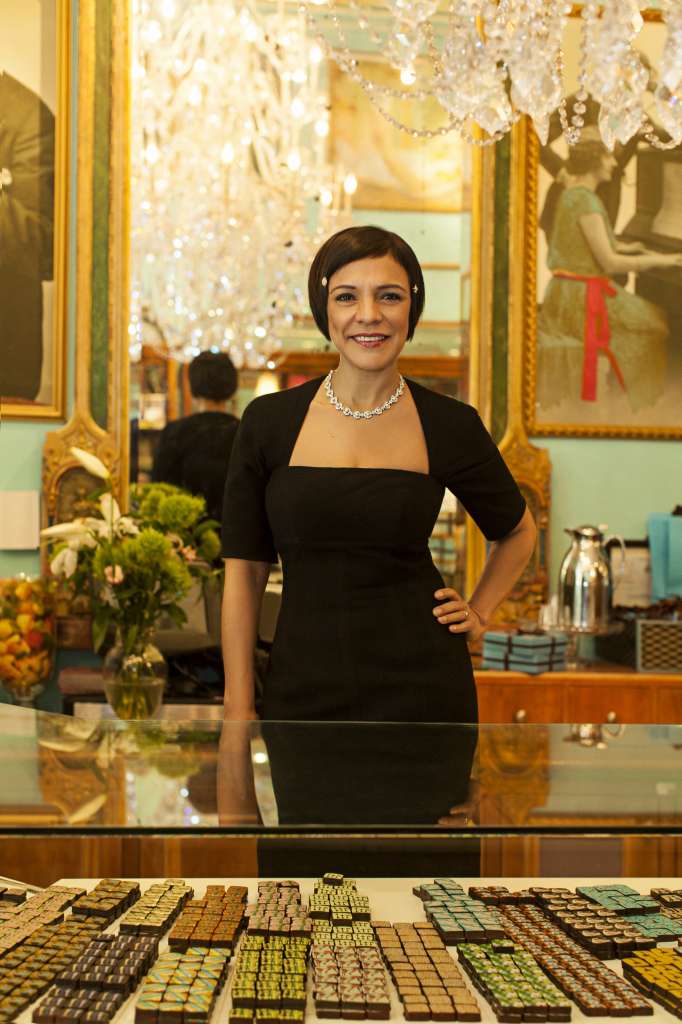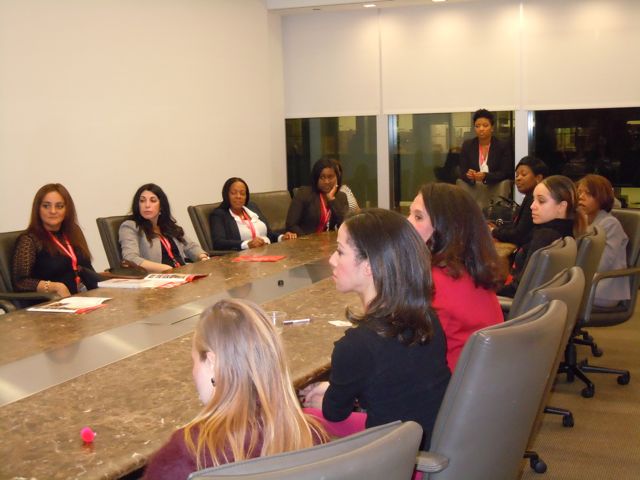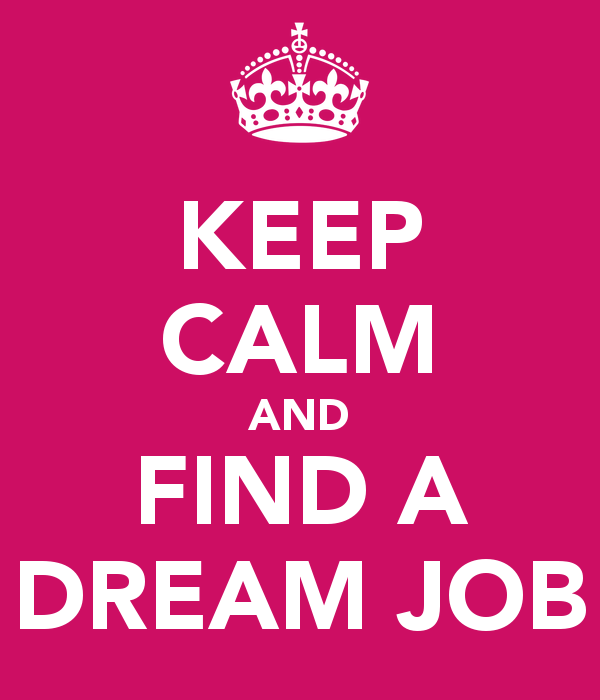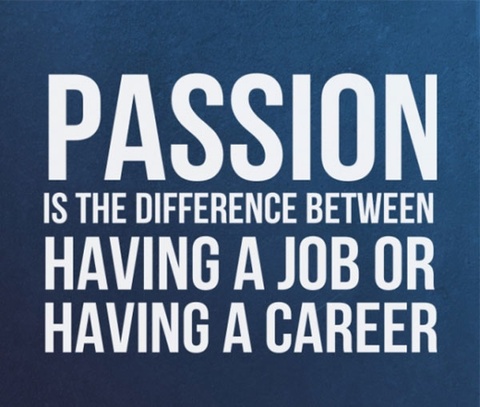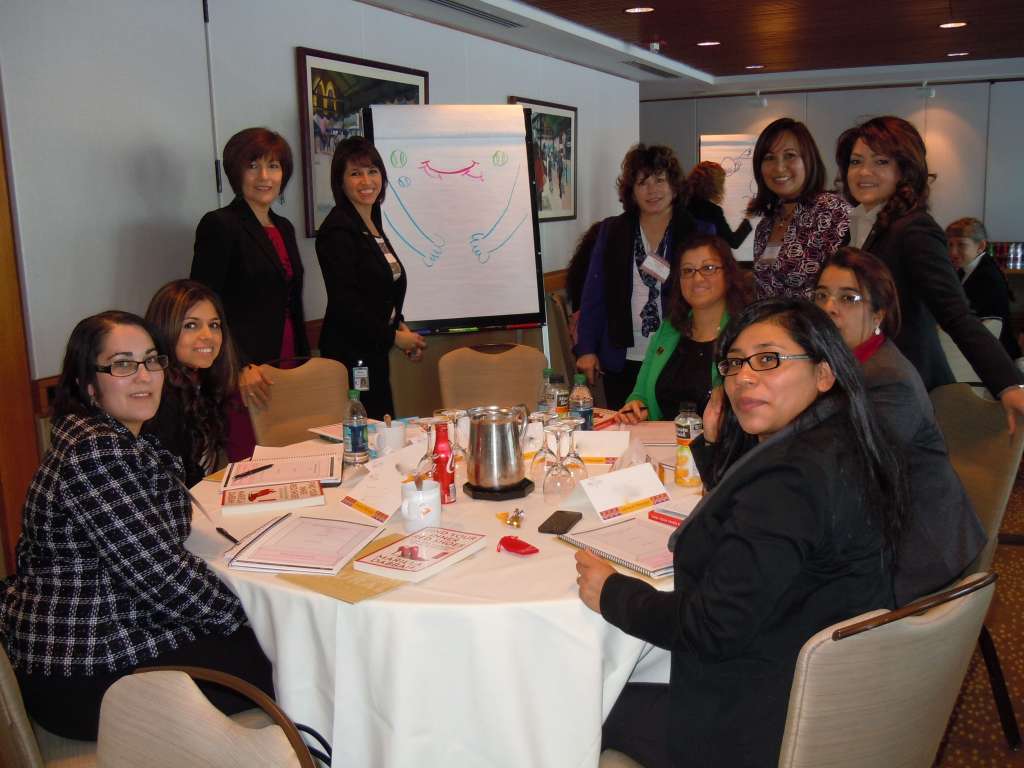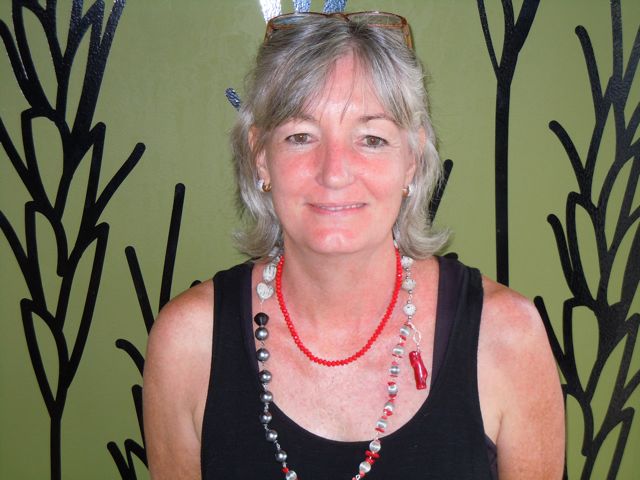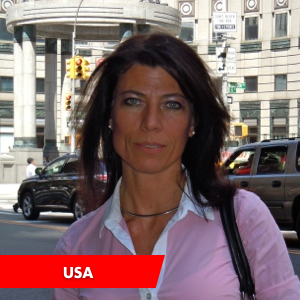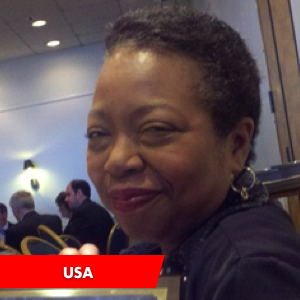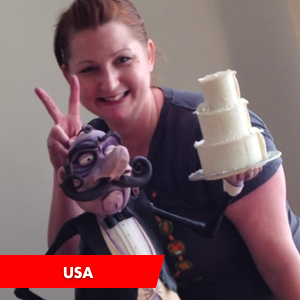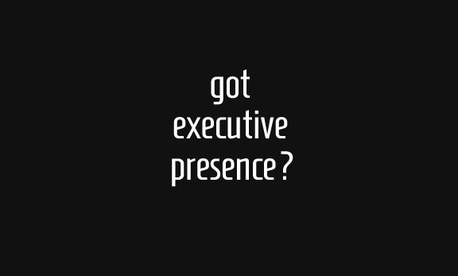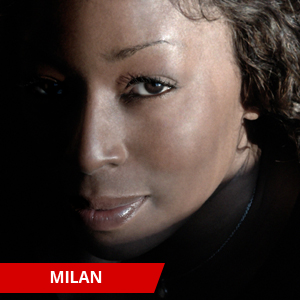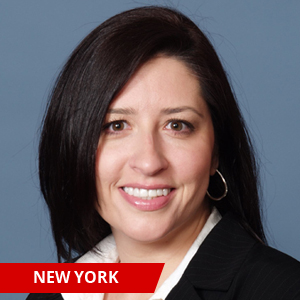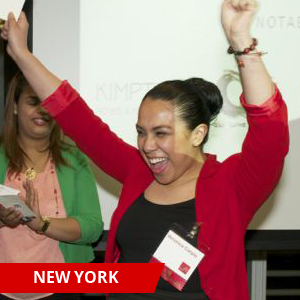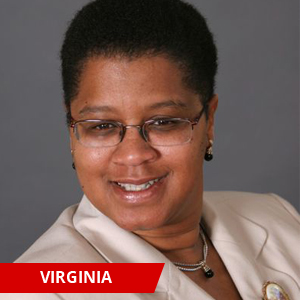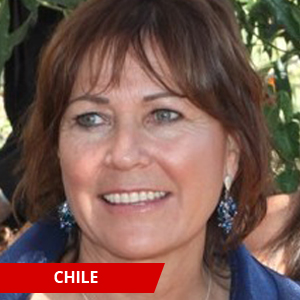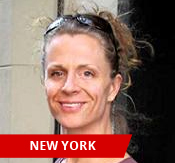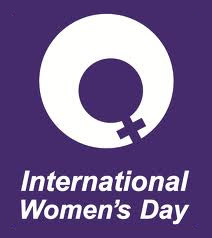If you want to know someone who can move mountains, look no further. Meet Deborah Gillis, President & CEO of Catalyst, a global nonprofit that works with some of the world’s most powerful CEOs and leading companies to help build workplaces that work for women. Get inspired!
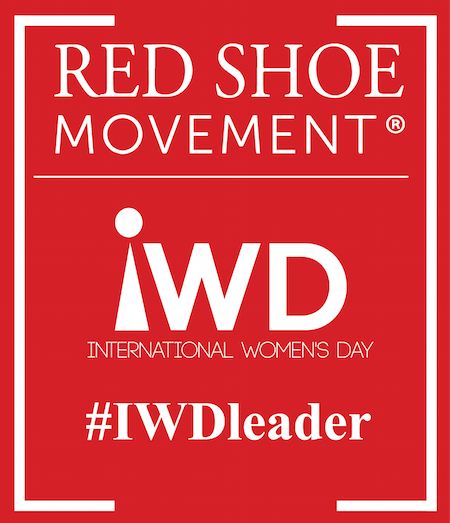
Deborah Gillis grew up in a small village in rural Nova Scotia and was motivated early on by a group of women who successfully advocated for gender equality rights to be included in the Canadian constitution. Starting in high school she’s dedicated her life and her career to giving everyone equal opportunity to succeed.
From her work in the public sector on equal employment to her work at global professional services firms advising on strategies for aligning talent and business priorities; from her candidacy for elected office to her job as leader of Catalyst, Deborah’s passion for equality has permeated her entire life. She joined Catalyst in 2006 as Executive Director of Catalyst Canada, became Chief Operating Officer in 2012, and then President and CEO in 2014.
In 2016 Deborah was named one of Canadian Business magazine’s 10 most influential Canadians. That same year she received the Foreign Policy Association Medal. In 2017, she accepted an honorary Doctor of Laws honoris causa from Cape Breton University for dedicating her life’s work to advocating for women’s rights and equality. She serves on the Board of Governors of St. Francis Xavier University.
For her relentless work towards a more equitable workplace for women and for being a champion of champions, today we honor Deborah Gillis on our Hall of Fame.
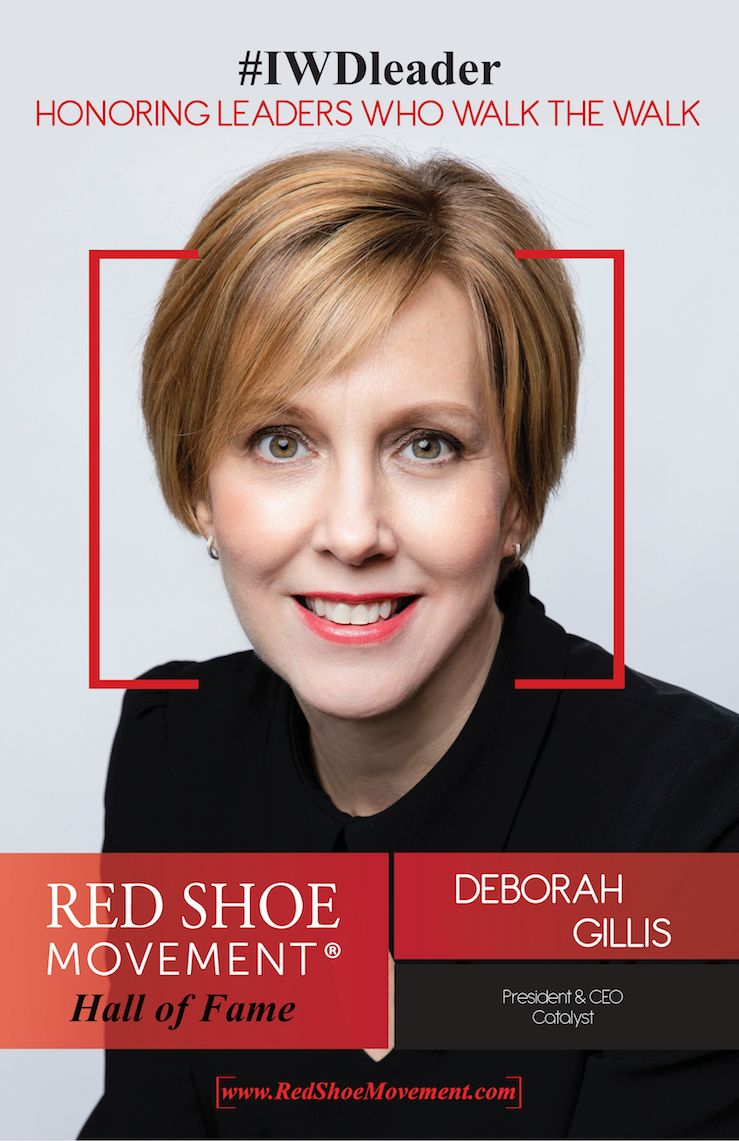
Red Shoe Movement— If you look back at all the years Catalyst has been doing research, have you seen substantial changes in the way companies deal with diversity and inclusion?
Deborah Gillis—The biggest change that I’ve seen is that companies now recognize that diversity and inclusion is not just a women’s issue, it’s a business issue. And it needs to be treated as a business issue—with formal goals and accountability for meeting them. When people see their managers, senior leaders, and the CEO talking about diversity and following up with actionable strategies, they know it’s central to the company’s values and competitiveness.
RSM—What makes women great leaders?
DG—I firmly believe there’s no such thing as women leaders and men leaders. There are only good leaders and bad leaders.
I also believe that good leaders are inclusive leaders, who don’t simply get more women in the room—they make sure their contributions are valued and respected once they are there. In my experience, the best leaders give employees just the right amount of both freedom and support to get the job done well. They’re open to hearing and trying new ideas, and they know they don’t always have the right answer. They also don’t shy away from hard conversations—about performance and strategy, but also about “sensitive” issues like gender, race, or ethnicity. All of us can behave this way, no matter our rank, title, or gender—and we should lead inclusively whether it’s from a cubicle or a corner office.
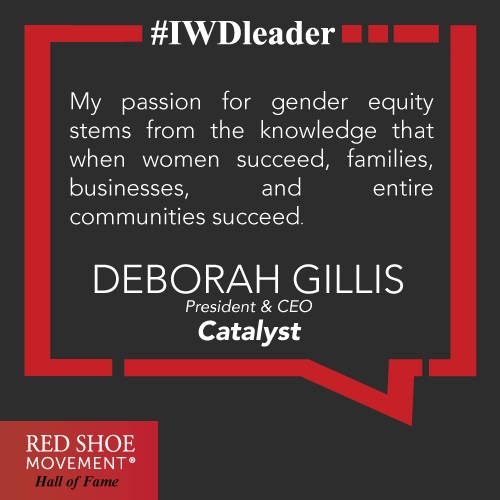
RSM—How do you think the current conversation on sexual harassment will change the workplace in the short and long term?
DG—I’m hopeful that organizations will recognize that sexual harassment is a symptom of a culture that doesn’t treat women—especially women of color—as equals. In the short term, leaders must immediately take a firm and visible stand for fairness and gender equality. In the long term, I’d like to see more organizations taking a hard look in the mirror and then strategically building a culture where all women are welcomed, valued, developed, and advanced. This has been an incredibly difficult time for the women who are coming forward, but I hope and believe this movement will be the catalyst for real and lasting change. Collectively, we must ensure that it is. We can start by advancing more women, particularly women of color, into senior leadership positions and onto boards. Because power shared in workplaces is power much less likely to be abused.
Don't miss a great interview with 2017 Hall of Fame honoree, Sergio Kaufmann
RSM—What are some of the best practices you’ve seen implemented in specific countries and/or specific organizations in those countries in order to accelerate the career trajectory of female talent?
DG—In my role I travel a lot, and I’ve seen that women in different parts of the world have different needs based on cultural and social norms and how businesses operate in each region. For example, in Mexico and across Latin America, traditional gender and family norms are strong, so helping women manage both their careers and family responsibilities is essential to supporting their advancement. An example I love is how PepsiCo Mexico has done this by establishing the Female Executive Council, which has helped design policies and strategies to support women returning from maternity leave and other working mothers, such as a formal structure for flexible and part-time work options, part-time job opportunities, and a condensed work week. These programs now benefit all employees—women and men—demonstrating how workplaces that work for women work for everyone.
Another critical issue in Latin America, and everywhere really, is creating champions, mentors, and sponsors for women. Avon has successfully addressed this issue by launching a program called Women in Leadership. The first class of participants came from Brazil, Chile, Colombia, and Mexico, and they were given access to formal training programs, exposure to senior leaders they otherwise would not have, help with career planning, assignments that broaden their experience, and mentorship from senior executives. The piece that I really like about this program is that participants are asked to “pay it forward” by developing a legacy project that will inspire their fellow female colleagues.

RSM—How will the Millennial generation flip the script on gender inclusion at the top?
DG—The Millennials I know at Catalyst and beyond are passionate about their community and making a difference. They want to solve problems and they are eager to contribute—to much more than just their companies’ bottom lines. For many of them, gender roles and expectations, as well as gender itself, are fluid. For those of us who have grown up with narrower conceptions of gender, it can be a new experience to embrace a more ambiguous notion of a core part of our identity. Millennials and others who are driving this conversation have challenged us to rethink what’s “normal”—and how we can get to a new normal that is more inclusive. That diverse thinking is going to be a transformational and positive force for inclusion and the way all of us work together.
RSM—What are one or two mistakes you’ve made in your career that you remember the most? And the lessons learned?
DG—In Tokyo a few years ago, I was with colleagues waiting for taxis on a busy street, when someone yelled a sexist, racist slur at a member of my team. We were all shocked, but no one said anything. I wanted to call her, but with the added element of race in the mix I was terribly afraid to say the wrong thing. So I stayed silent—for weeks. Then I read new research from Catalyst that showed how toxic silence can be. Finally, I summoned my courage, and said, “I’m deeply sorry. That was wrong. I should have said something.” She appreciated the support, even as late as it was. And I was reminded that courageous conversations are the first step toward healing wounds, opening minds, changing behaviors, and building workplaces where everyone has a fair chance to succeed. It was a difficult and profound lesson that my heart won’t forget—saying something is always better than saying nothing.

RSM—Who were some of the most influential men and women in your career other than family members? How exactly did they influence you?
DG—When I was a 23-year old legislative intern, one of the elected representatives I worked with ultimately became a friend, mentor, and sponsor. He took me under his wing and later used his influence to recommend me for a high-visibility project that positioned me for a great opportunity. Looking back, I can draw a straight line from his sponsorship to the opportunity I later received to run as a candidate for elected office. Beside the career support, he also showed me that great leaders are humble. He admitted he didn’t have all the answers, and he shared his mistakes openly, asking for help when he needed it. He earned our team’s trust and respect, by trusting and respecting us in turn. To this day, I think of him as a role model for the kind of leader I want to be.
Another major influence was my first boss out of university, who encouraged me to think about my career as a toolbox—and every new assignment as an opportunity to add a new “tool” that I could carry with me to the next role. If I was going to add a tool to the box, I needed to take full and complete responsibility for it—I needed to own it. Through him, I learned that people do their best when they are treated like they are capable of their best—and promised the opportunity to prove it.
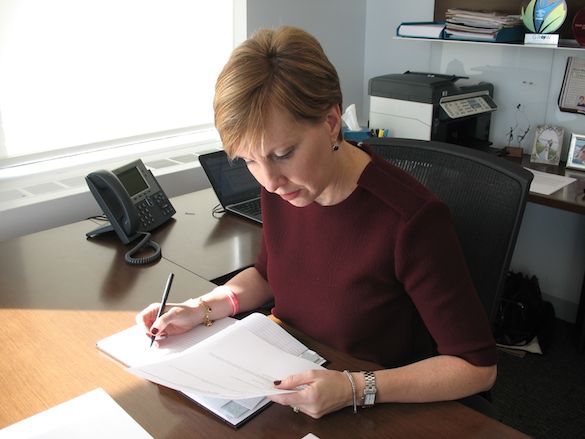
RSM—Can you share with us the story of a person’s life or career that changed thanks to you?
DG—Before I joined Catalyst, I ran for a seat in a provincial election in Nova Scotia, where I’m from. As I was canvassing for votes, I met one young girl who listened intently when I explained that I was running to be in the Legislature. Her response? “I thought only boys did that!” She wasn’t the only one—throughout the campaign, I saw girls begin to recognize that no future is “only for boys.” I’m looking forward to the day that one of those young women becomes Premier!
Another young woman I am proud to inspire, and be inspired by, is my niece Haley. A few years ago, she went to school and declared a personal day of silence—no small feat for a thirteen-year-old! On that day, when Haley was approached by a student or a teacher, she gave them a small piece of paper that explained her actions as an expression of solidarity with Nobel Prize laureate Malala Yousafzai and girls around the world who had been denied the right to attend school. By choosing to make the injustices facing girls in another part of the world her problem, Haley’s silence echoed loudly across her school and community.
You can connect with Deborah Gillis via LinkedIn
Connect with Catalyst on Twitter



